Article
Old Age Home vs. Elder Care at Home: Making the Right Choice

Lifestyle
As our loved ones age, we are faced with the crucial decision of how to provide the best care and support they need. Two common options are often considered: moving the elderly to an old age home or arranging for elder care at home. Each approach has its unique advantages and challenges. In this article, we'll delve into the pros of both options, helping you make an informed choice that best suits your family's needs and the well-being of your elderly family members.
The Benefits of Elder Care at Home
1. Familiar Environment: Staying at home allows the elderly to remain in familiar surroundings, providing comfort and emotional security.
2. Personalised Care: Home care can be tailored to the individual's unique needs. This flexibility can be highly beneficial for those with specific medical conditions.
3. Family Support: Elders continue to be a part of their families' lives, facilitating emotional bonding and maintaining a sense of belonging.
The Benefits of an Old Age Home
1. Support Staff: Old age homes often have caregivers and medical staff available around the clock, ensuring that the elderly receive care.
2. Social Interaction: Residents have the opportunity to engage with peers, attend activities and build new friendships, which can be beneficial for their emotional and mental health.
3. Safety Measures: These facilities often have security measures in place for the safety of residents, who might be more vulnerable to accidents or health issues.
Making the Right Choice
The decision between an old age home and elder care at home depends on several factors:
1. Health and Care Needs: Consider the elderly person's specific health conditions and requirements.
2. Emotional and Psychological Well-Being: Take into account the emotional well-being and preferences of the elderly individual. If they are happier and more content at home, it could contribute to their overall health.
3. Budget: Determine the financial aspects of both options.
4. Social Interaction: Recognise the importance of social interaction for the elderly. If staying at home, arrangements for social activities or companionship should be considered.
Final Takeaways
In the end, the choice between an old age home and elder care at home is deeply personal and should prioritise the well-being and happiness of the elderly individual. Consider their specific needs, desires and health conditions, and discuss the options with family members and healthcare professionals to make an informed choice that best suits your family's circumstances.
Ready to explore the best elder care option for your loved one? Discover personalised elder care solutions with ElderAid and ensure they receive the care and support they deserve. Contact us today at +91 81234 00400 or info@elderaid.in
You could also visit our website - www.elderaid.in. We offer a wide range of services tailored for seniors’ needs and are committed to enhancing their quality of life.
ElderAid is available in four cities: Bangalore, Hyderabad, Chennai and Palakkad.
Frequently Asked Questions (FAQs) on Elder Care Options
1. What are the different elder care options available?
There are several elder care options available, including in-home care, assisted living facilities, nursing homes and old age homes. Each option caters to different needs and preferences, ranging from in-home personalised care to more communal living arrangements.
2. What is the difference between an old age home and a nursing home?
Old age homes are designed for independent or semi-independent seniors who want to live in a community setting with amenities. Nursing homes are more medical in nature and offer skilled nursing care for those who require constant medical attention and assistance with daily activities.
3. Is in-home care better than an old age home for seniors with specific medical needs?
Sometimes in-home care can be better for seniors with specific medical needs, as it allows for personalised, one-on-one care tailored to their health condition. However, it depends on the severity of the medical condition, and in some cases, old age homes with medical facilities may be more appropriate.
4. How can I find the best old age home near me?
To find the best old age home near you, start by conducting online research and checking for local options. Seek recommendations from friends, family or healthcare professionals. Consider visiting the facilities in person to get a sense of the environment and amenities offered.
5. What are the costs associated with old age homes?
The cost of staying in an old age home varies widely based on factors such as location, the level of care needed and the facilities provided. It's essential to inquire about the specific costs, including accommodation, meals and any additional services.
6. How can I help my loved one transition to an old age home?
Transitioning to an old age home can be emotionally challenging. To assist your loved one, involve them in the decision-making process, ensure they are comfortable with the chosen facility, and visit frequently. Additionally, maintain open communication and provide emotional support during this transition.
7. What amenities are typically provided in old age homes?
Amenities in old age homes may include comfortable accommodations, communal dining, recreational activities, medical facilities, security and social events. The specific amenities vary by facility, so it's important to inquire about all the offerings before choosing the best old age home for you.
8. How do I assess the quality of care provided in an old age home?
Assessing the quality of care in an old age home is vital. To do so, consider the cleanliness, staff-patient ratio, safety measures, residents' well-being, quality of the food provided and the availability of medical facilities.
9. Can I bring my pet with me to an old age home?
The pet policy in old age homes varies from one facility to another. Some homes may allow pets, while others may not. If having a pet is essential, inquire about the pet policy at the specific old age home you are considering and ensure it aligns with your preferences and needs.
10. What are the disadvantages of old age homes?
- Emotional Isolation: Residents may feel isolated or lonely due to the lack of daily family interactions.
- Loss of Independence: Some seniors may perceive moving to an old age home as a loss of independence and control over their lives.
- Adjustment Challenges: Adapting to a new environment can be emotionally challenging for some seniors.
- Variable Care Quality: The quality of care in old age homes can vary, and not all facilities provide the same level of attention.
- Limited Personalised Care: Care in a shared environment may not always be personalised to individual needs and preferences.
- Institutional Feel: Some seniors may feel uncomfortable in an institutional setting and prefer the familiarity of their own homes.
- It's essential to carefully weigh these disadvantages against the advantages when considering the best care option for your loved one.
11. What types of services and amenities can residents expect in an old age home in Bangalore?
Old age homes in Bangalore typically offer various levels of care. Services and amenities can vary, but many old age homes offer accommodation, meal services, housekeeping, healthcare support, social activities and security. Some upscale facilities may include features like fitness centres, recreational activities, and even transportation services.
Related Resources

Blog
Lifestyle
Wellness Isn’t Just a Word: Why it Matters More After 60

Blog
Lifestyle
When Elders Don’t Want Help (But Need It)

Blog
Lifestyle
The Silent Mental Load of Managing Medicines

Blog
Lifestyle
Why a Little Help Goes a Long Way: Everyday Tasks, Everyday Reli...
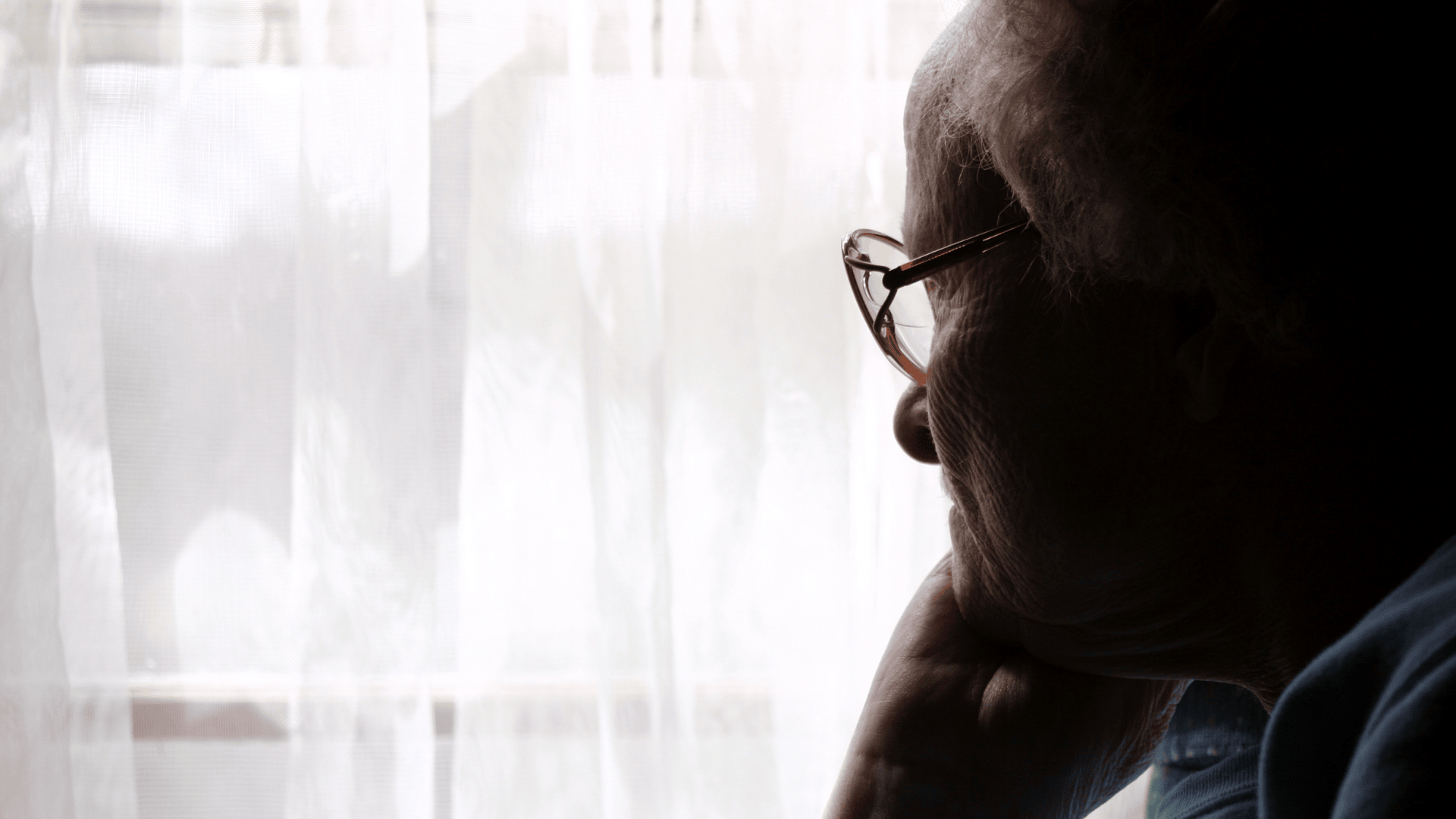
Blog
Lifestyle
Grief Doesn’t Expire: Widowhood and the Long Road of Coping

Blog
Lifestyle
When Family Visits Aren’t Enough: The Role of Everyday Companions...

Blog
Lifestyle
Loneliness Is a Health Issue, Not a Mood

Blog
Lifestyle
Why Older Adults Stop Eating (and What You Can Do About It)

Blog
Lifestyle
Memory, Mood, and More: What Families Should Know About Dementia

Blog
Lifestyle
Not Just Joint Pain: Understanding Arthritis in Everyday Life

Blog
Lifestyle
Senior Nutrition During the Monsoon: What to Eat, What to Avoid

Blog
Lifestyle
Family Visits in July: Why They're More Important Than You Think

Blog
Lifestyle
Your Parents, Their Stories: Make June the Month You Reconnect

Blog
Lifestyle
Why Joint Pain Gets Worse in Rainy Weather — and What You Can Do

Blog
Lifestyle
Is Your Ageing Parent Getting Enough Sleep This Summer?
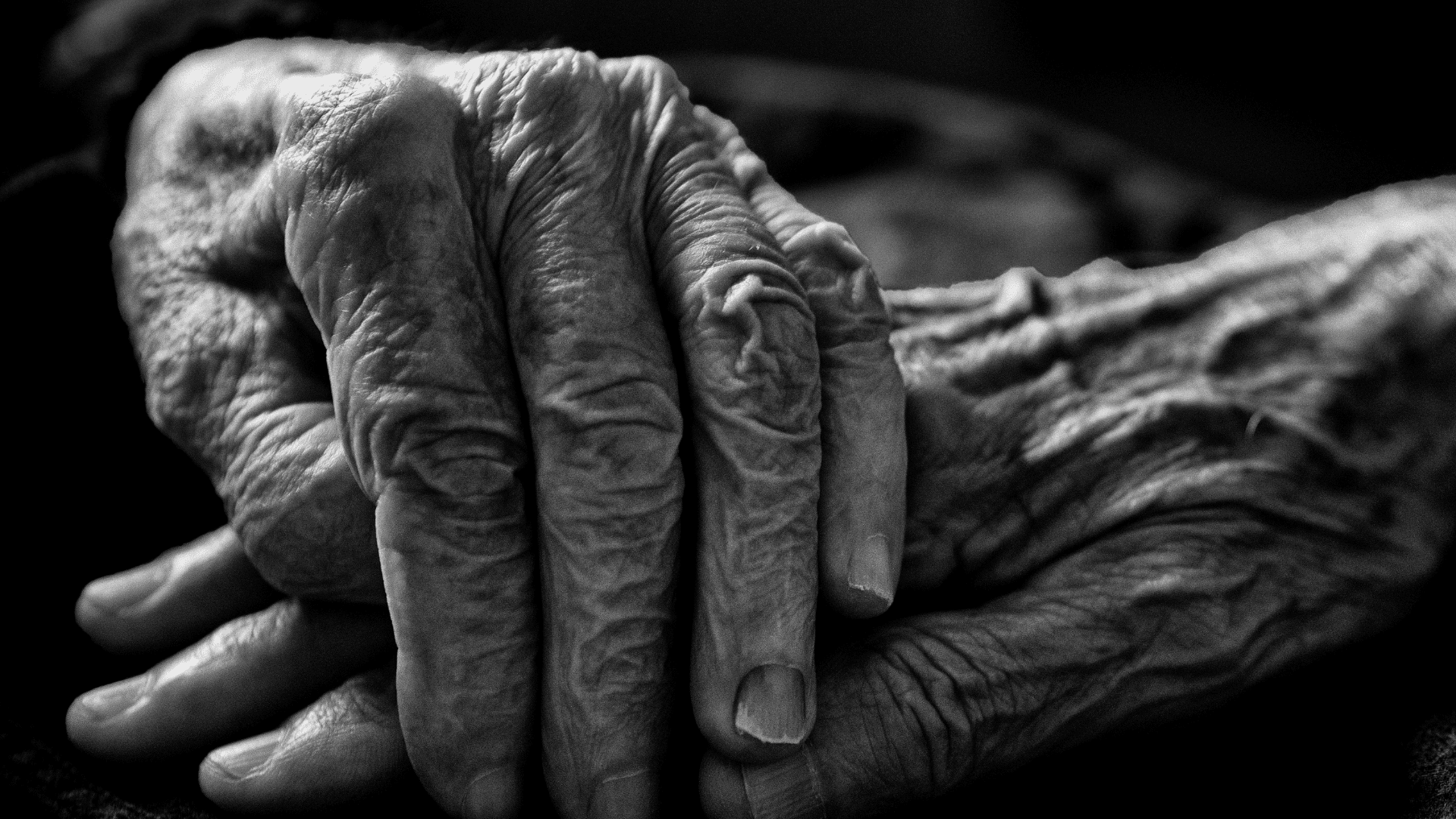
Blog
Lifestyle
How to Talk to Ageing Parents About Accepting Help without a Figh...

Article
Lifestyle
The Unexpected Joys of Growing Older: What Most of Us Get Wrong A...

Article
Lifestyle
Elders and Finances : Why Involving Them Matters More Than We Thi...

Article
Lifestyle
Why Do Seniors Wake Up So Early?

Article
Lifestyle
Can We Age Without Fear?

Article
Lifestyle
Daily Routines That Help Seniors Stay Independent at Home

Article
Lifestyle
Three Tips for Seniors Living Alone

Article
Lifestyle
How to Prepare Your Parents Home for Safer Ageing

Article
Lifestyle
How to Introduce Your Senior to Laptops Without Overwhelming Them

Article
Lifestyle
Smartphones and Seniors: Making Technology Feel Friendly

Article
Lifestyle
7 Everyday Activities That Keep the Elderly Mentally Active

Article
Lifestyle
The Emotional Impact of Elder Loneliness (And What We Can Do Abou...

Article
Lifestyle
How to Choose the Right Elder Care Service in India

Article
Lifestyle
Caring for Ageing Parents When You Live Abroad

Article
Lifestyle
The Role of Nutrition in Elder Health: What to Prioritise
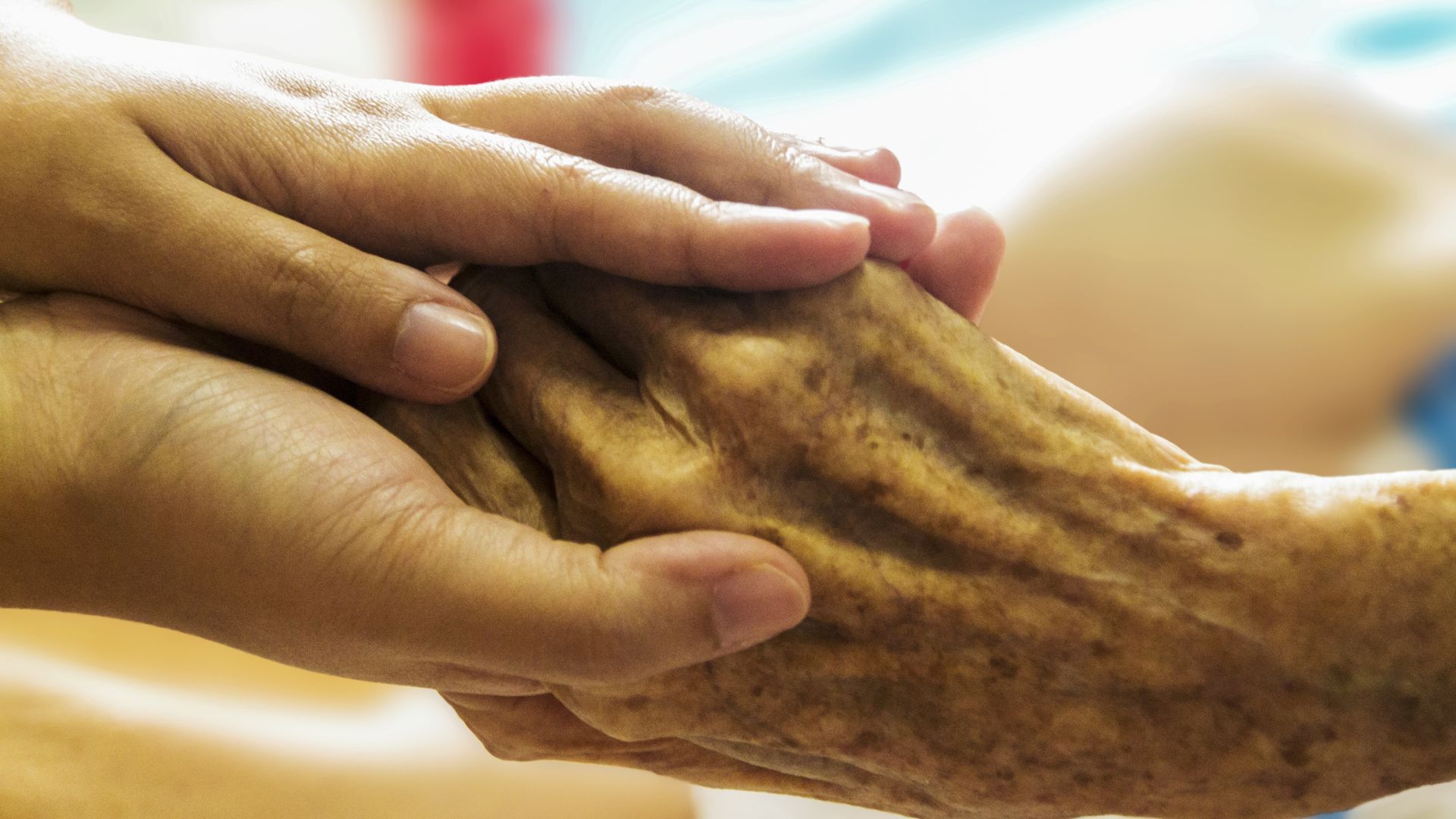
Article
Lifestyle
Why Home Care May Be Better Than a Nursing Home (For Some)

Article
Lifestyle
Celebrating Grandparents: Making Them Feel Valued Year-Round

Article
Lifestyle
Early Signs of Dementia: What Families Should Watch Out For
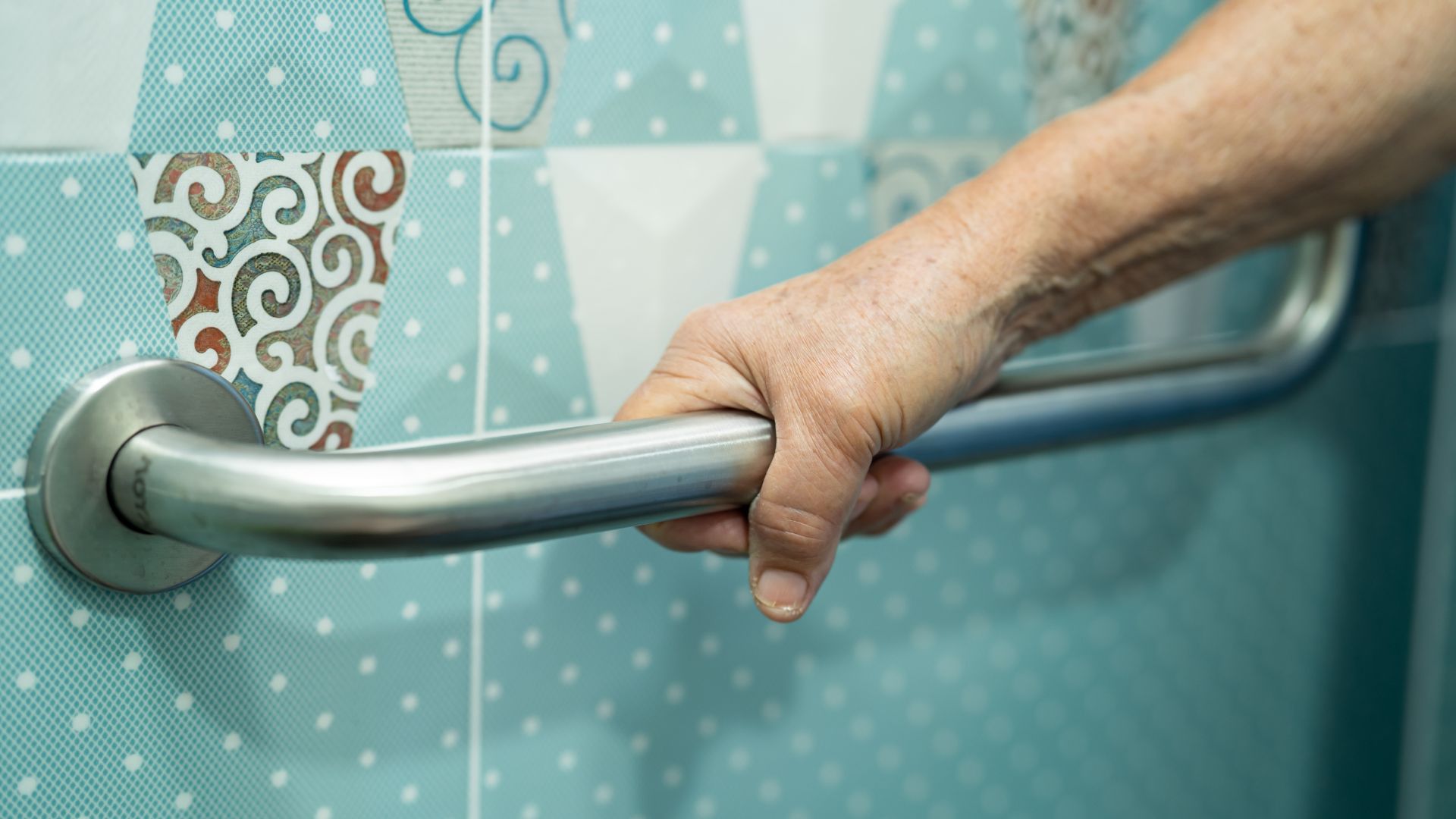
Article
Lifestyle
Safety Tips for The Elderly Living Alone

Article
Lifestyle
Women’s Day Special: Why Being a Senior Woman Rocks!

Article
Lifestyle
3 Challenges in Elder Care Careers & How to Overcome Them

Article
Lifestyle
3 Tips to Avoid Caregiver Burnout

Article
Lifestyle
3 Qualities That Could Make You Better in Elder Care

Article
Lifestyle
Why Elder Care Might Be the Career You’re Looking For

Article
Lifestyle
Maybe This Is the Right Time for an ElderAid Care Manager to Step...

Article
Lifestyle
Valentine’s Day & Seniors: Celebrating Love at Any Age

Article
Lifestyle
Musical Instruments & Seniors: A Tune for Every Stage of Life

Article
Lifestyle
3 Tips to Make Exercise a Part of Your Life

Article
Lifestyle
Movies & Seniors: A Timeless Escape

Article
Lifestyle
Drawing & Seniors: A Creative Path to Joy

Article
Lifestyle
3 Tips if You Want to Make Music a Part of Your Life as a Senior

Article
Lifestyle
Ambitions and Indian Seniors: Redefining Dreams in the Golden Yea...

Article
Lifestyle
Were You Successful on Your New Year Resolution?

Article
Lifestyle
Health Podcasts: A Sound Choice for Seniors

Article
Lifestyle
Have You Started Exploring YouTube as a Senior Citizen?

Article
Lifestyle
Why Getting a Care Manager Could Be Your First Step Towards Holis...
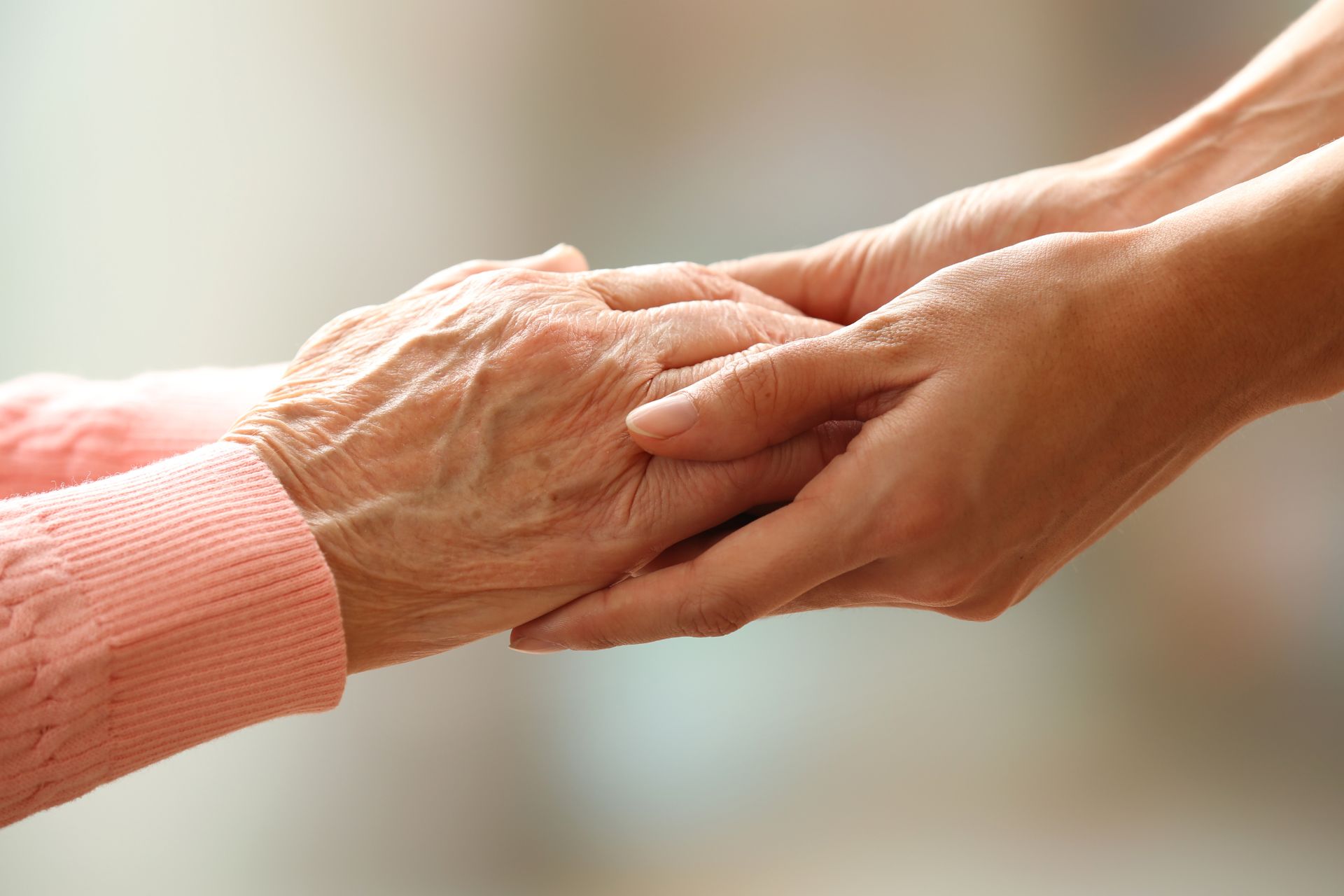
Article
Lifestyle
Keep These 3 Things in Mind If You're Opting for a Retirement Hom...

Article
Lifestyle
3 Questions to Ask Your Senior as We Step Into the New Year

Article
Lifestyle
Goodbye, 2024: Reflecting on a Year of Gratitude and Growth

Article
Lifestyle
How to Balance Your Professional Life While Looking After Your El...

Article
Lifestyle
3 Thoughtful Gifts for Your Grandchildren This Christmas

Article
Lifestyle
3 Tips for a Beautiful Christmas, Especially as a Senior

Article
Lifestyle
3 Asian Destinations for the Perfect Senior Getaway

Article
Lifestyle
3 European Destinations for Your Golden Years

Article
Lifestyle
Why Proper Planning is Important for Senior Care

Article
Lifestyle
Breaking Free: Why Not a New Career Path Post-Retirement?

Article
Lifestyle
A New Habit to Start in 2025: Random Acts of Kindness

Article
Lifestyle
Are You a Senior Homemaker? Maybe It's Time to Retire

Article
Lifestyle
What Is a Memoir and Should You Write One?

Article
Lifestyle
Do You Have a Plan for Your Retirement?

Article
Lifestyle
Seniors and Karaoke

Article
Lifestyle
3 Things to Do if You’re Travelling Abroad and Leaving Your Elder...

Article
Lifestyle
How to Make Friends After You Retire

Article
Lifestyle
Why It Is Perfectly Okay to Enjoy Your Retirement to the Fullest...

Article
Lifestyle
The Power of Small Wins

Article
Lifestyle
Staying Resilient Through Health Challenges: Finding Strength in...
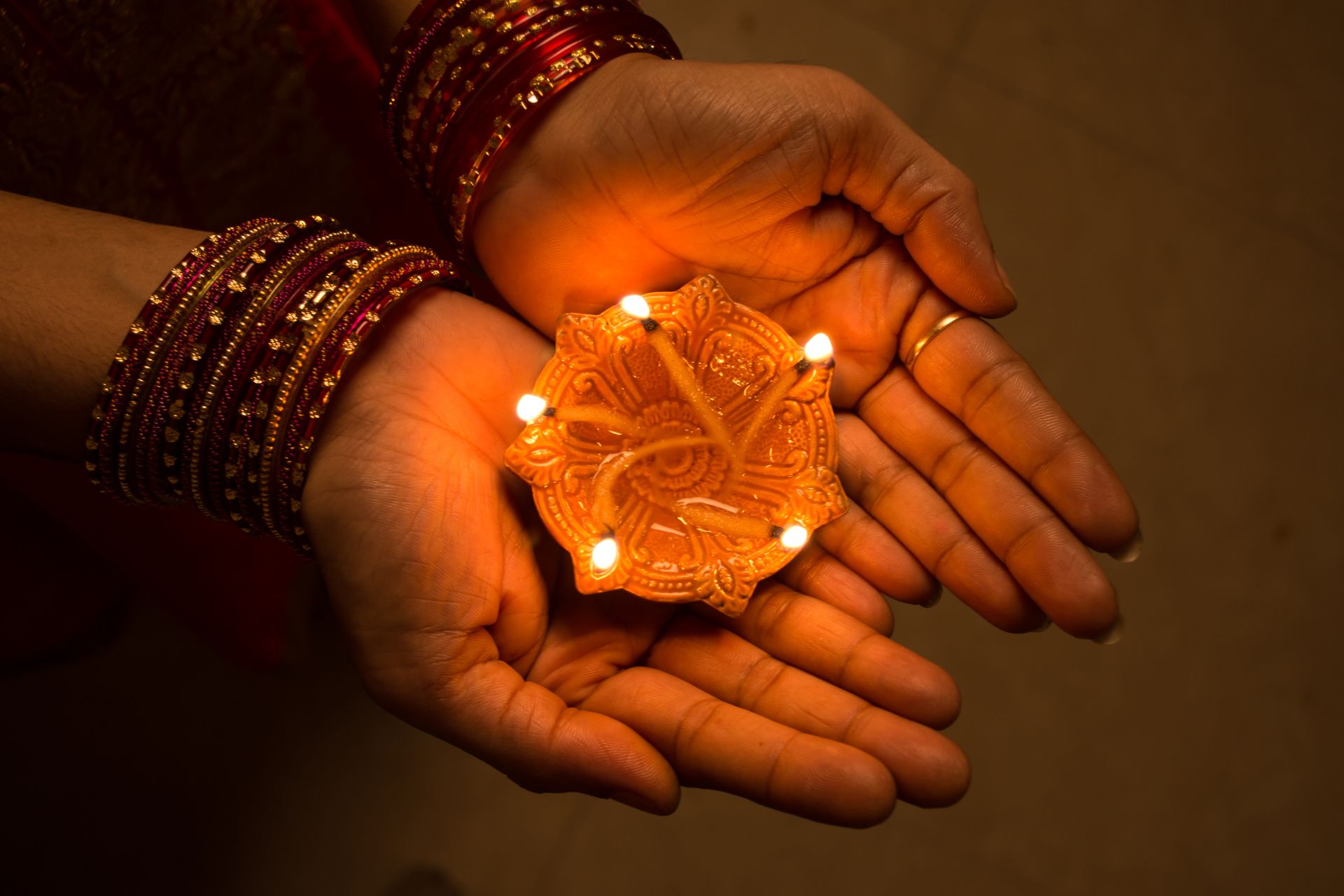
Article
Lifestyle
As Diwali Lights Up the World, Let's Illuminate the Lives of Our...

Article
Lifestyle
Fun Activities to Brighten a Senior's Day
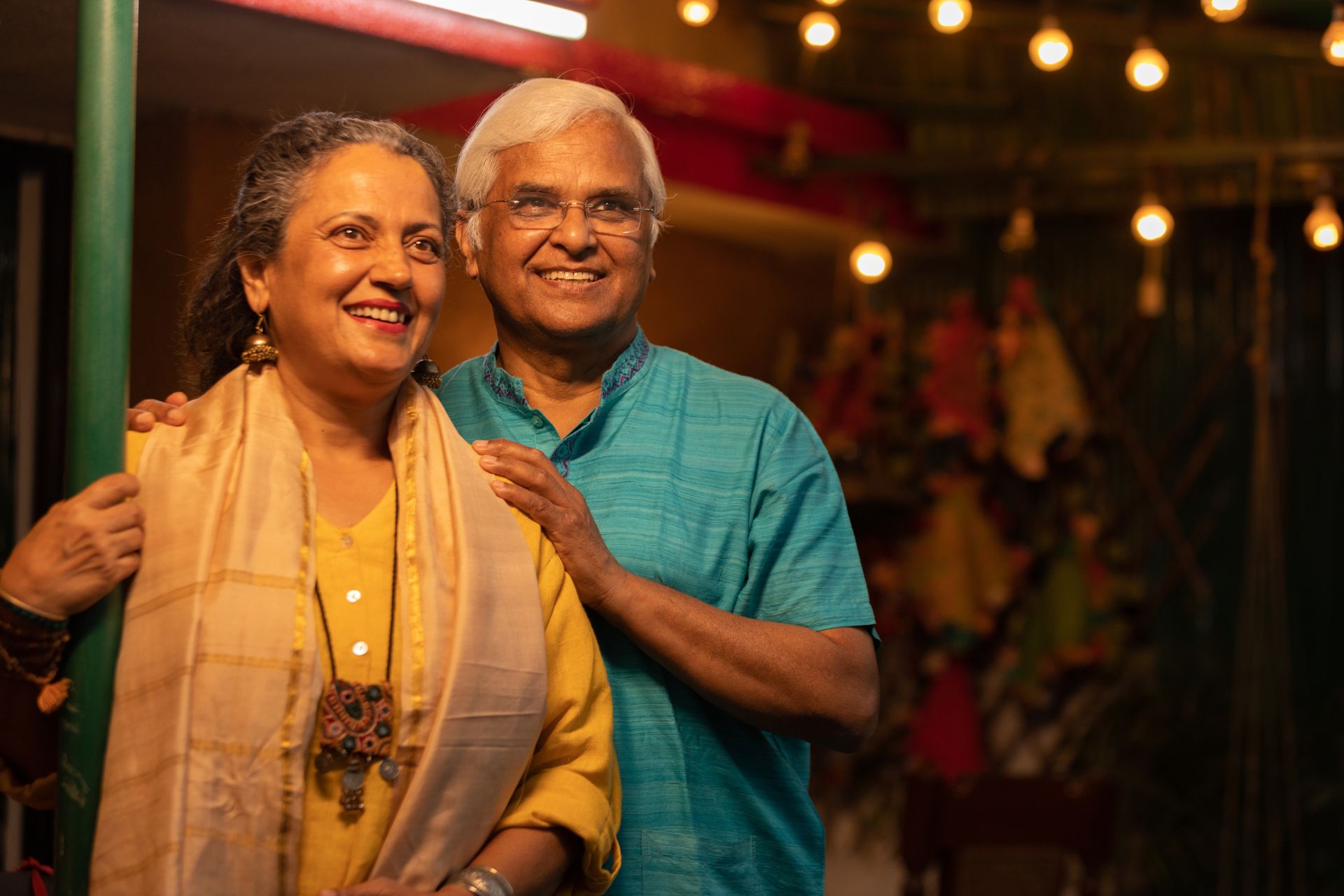
Article
Lifestyle
How Spending Time with Seniors Brings Joy

Article
Lifestyle
How We, as a Society, can Reduce Loneliness in Senior Citizens

Article
Lifestyle
Some Scams We Need to be Aware of

Article
Lifestyle
Is Bangalore a Good City for Seniors?

Article
Lifestyle
Are You Confused Between Old Age Home and At-Home Care for Your S...
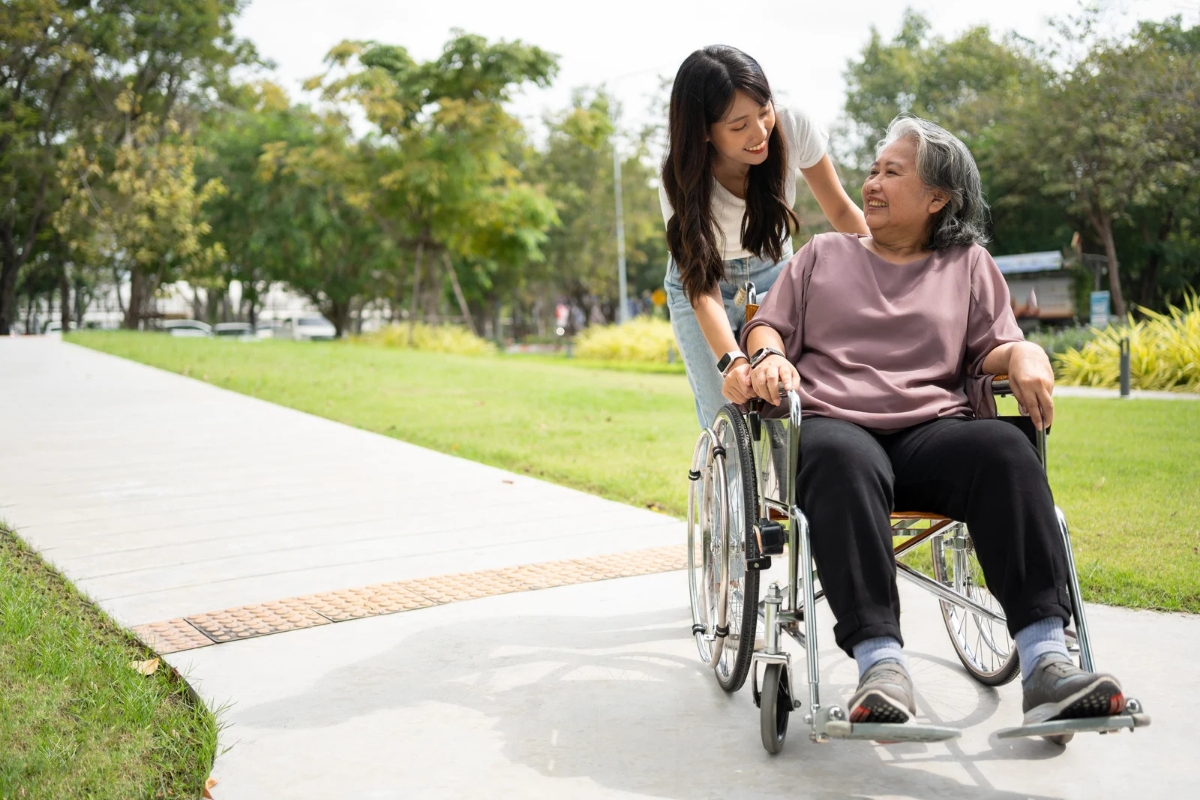
Article
Lifestyle
How to Choose the Best Senior Care Services in Hyderabad: A Compr...
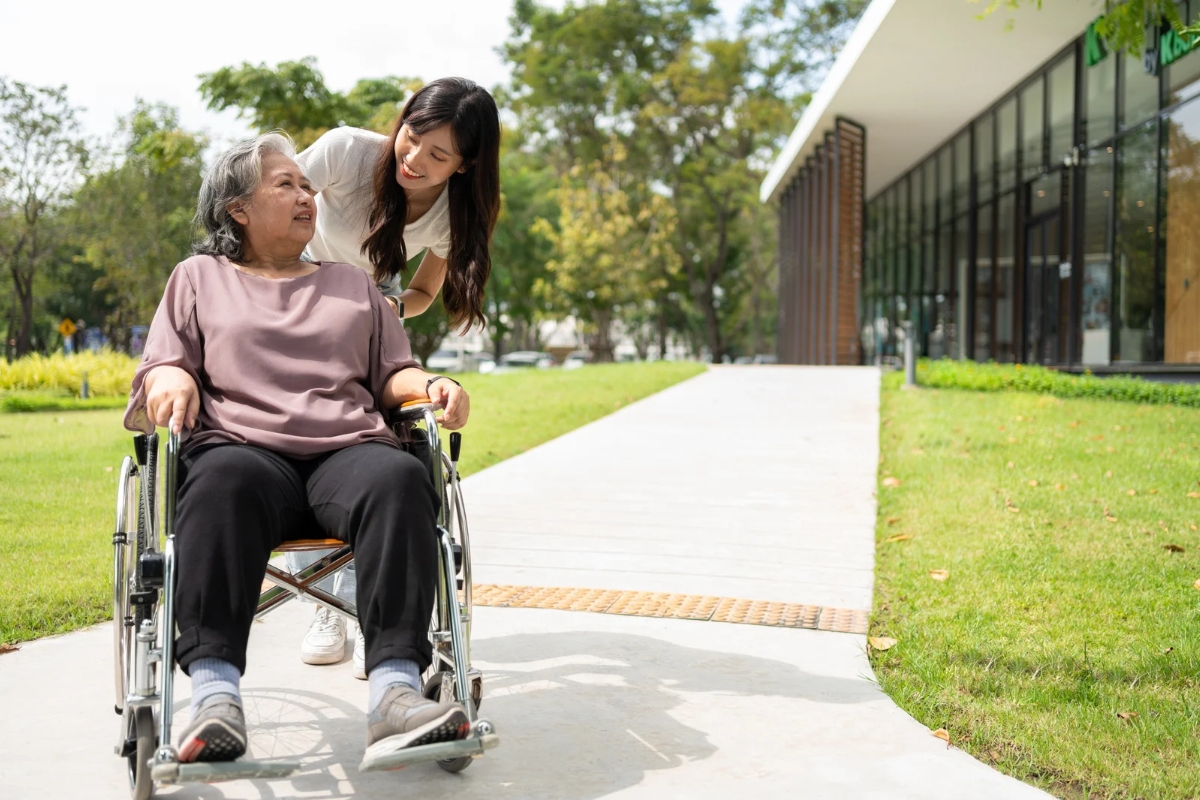
Article
Lifestyle
How to Choose the Right Nurse/Caretaker for Seniors in Hyderabad

Article
Lifestyle
How ElderAid’s Care Managers Make Life Easier for Seniors in Hyde...
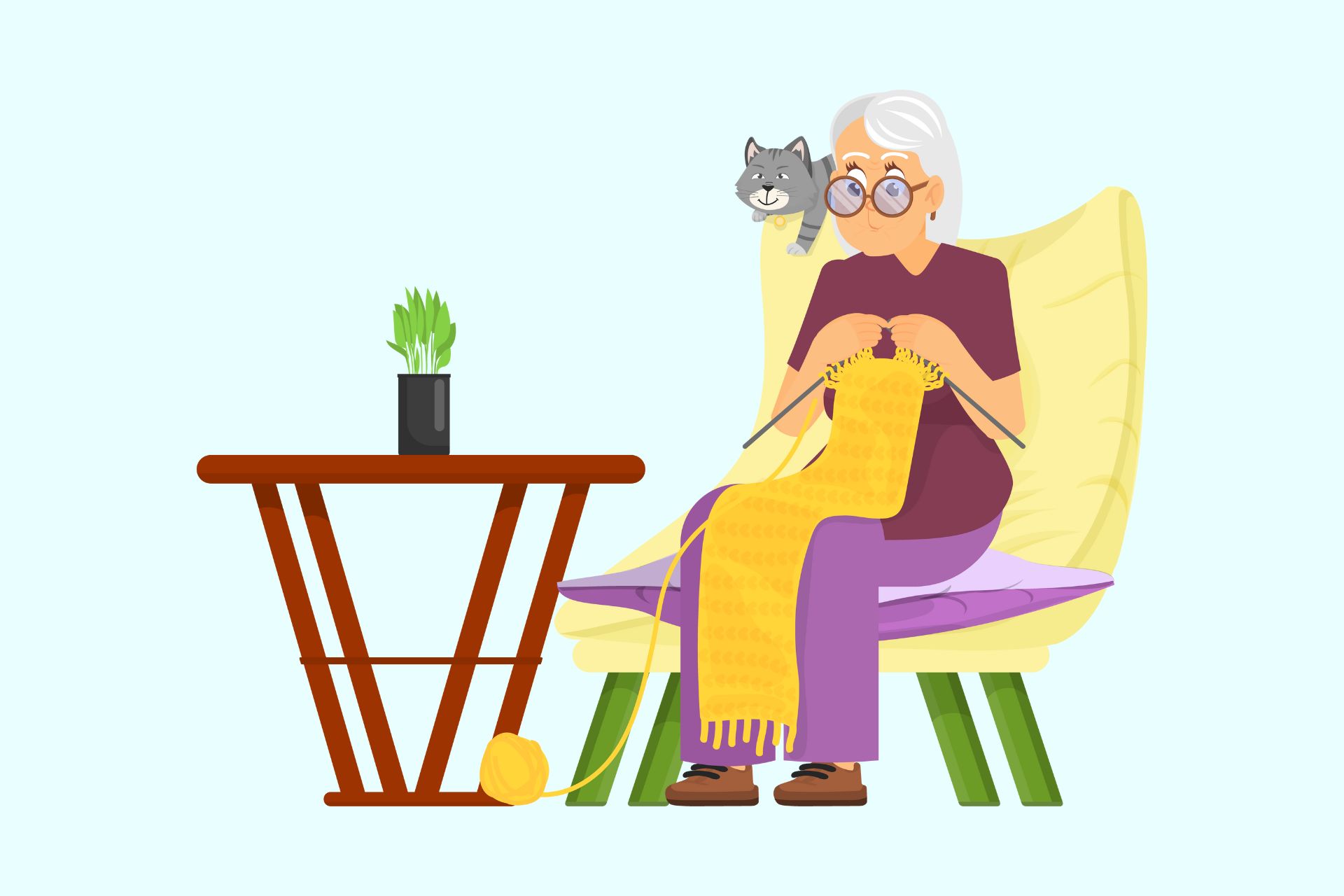
Article
Lifestyle
3 Unique Hobbies for Seniors to Try
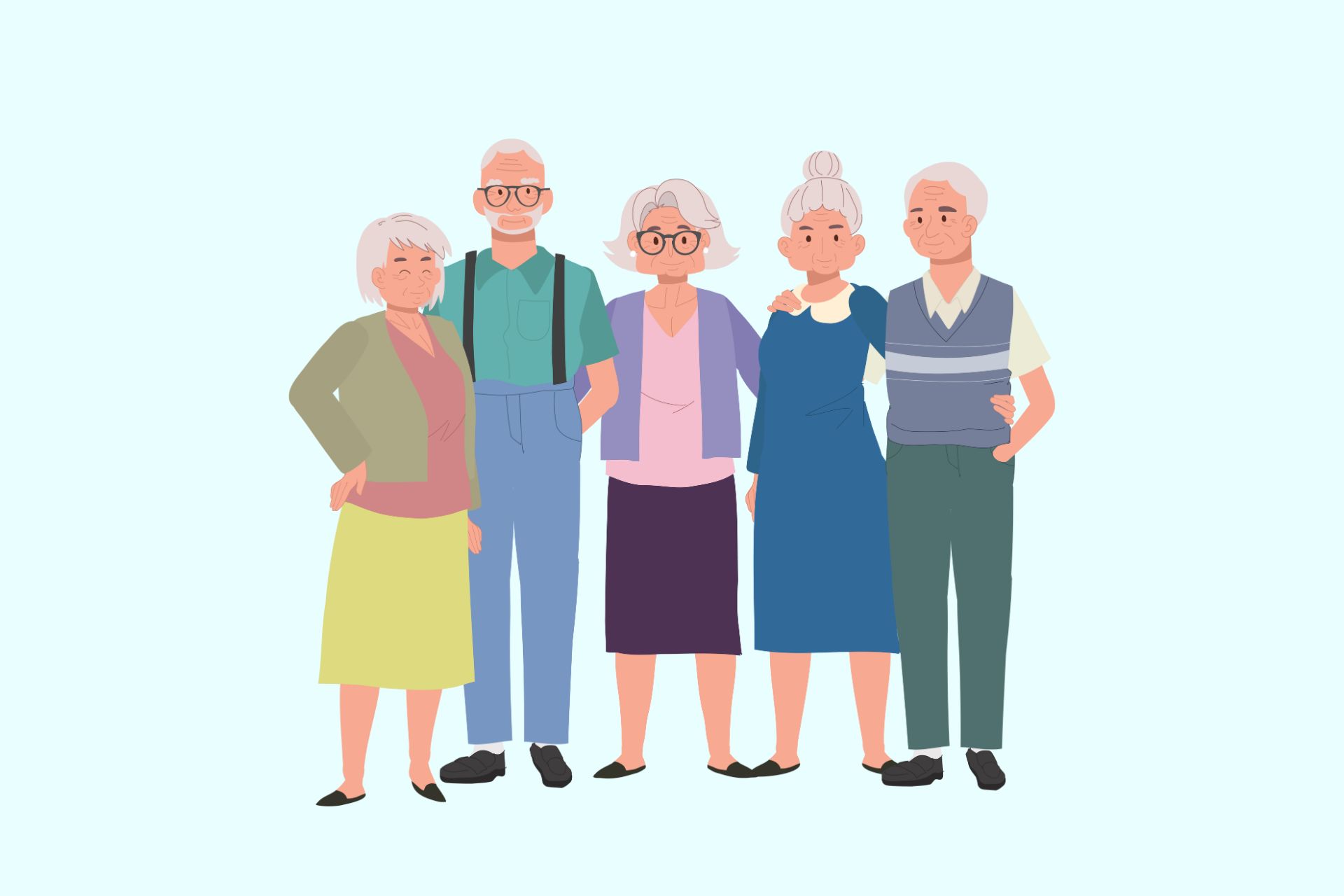
Article
Lifestyle
Seniors and Community Groups: Building Stronger Bonds

Article
Lifestyle
Why Being a Senior Can Be a Superpower!

Article
Lifestyle
3 Unique Ways to Contribute to Society as a Retired Techie
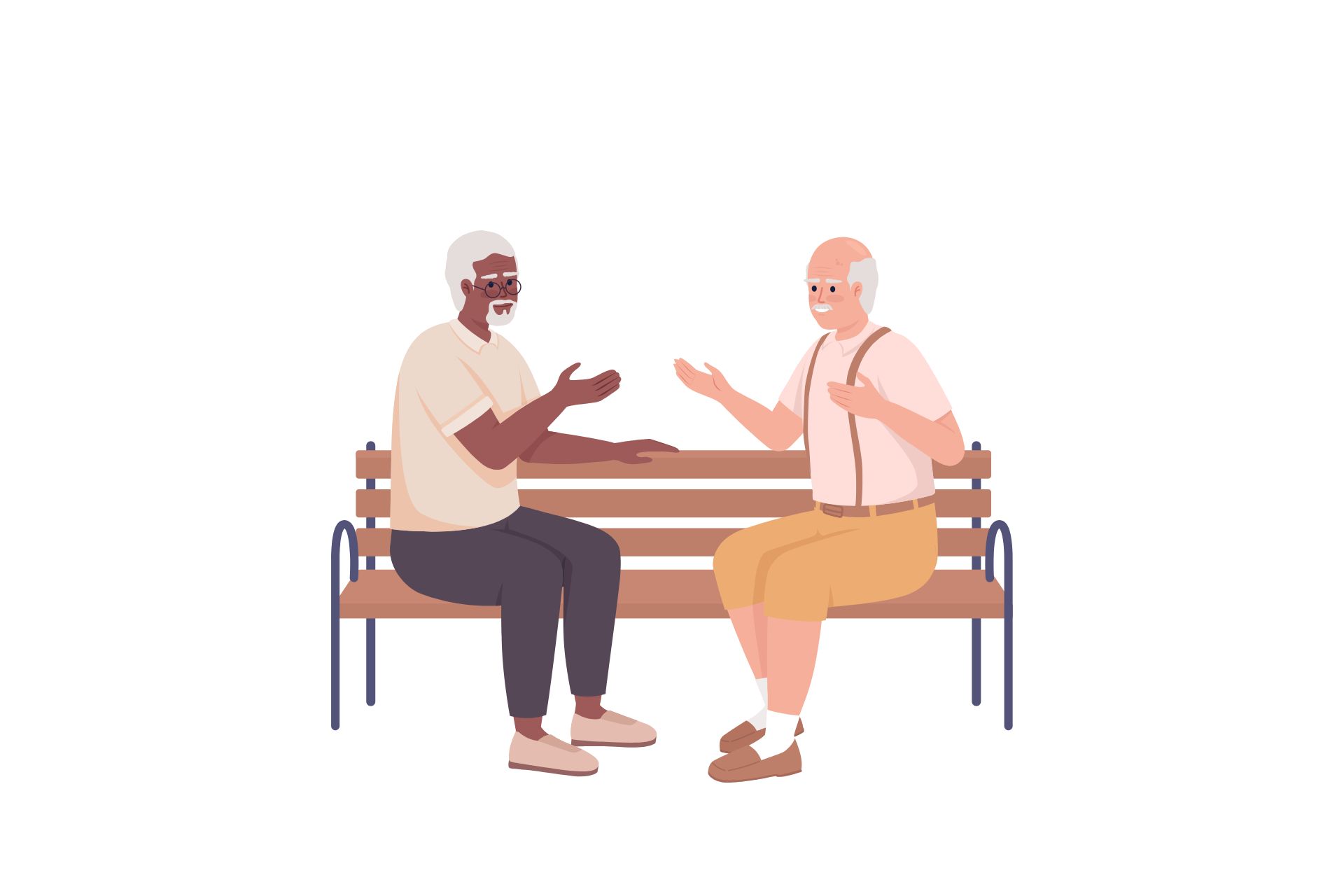
Article
Lifestyle
Making New Friends as a Senior: Tips and Tricks

Article
Lifestyle
Online Courses: Learning for Seniors

Article
Lifestyle
Seniors and Audiobooks

Article
Lifestyle
3 Ways to Contribute to Society as a Retired Business Person

Article
Lifestyle
3 Different Things to Consider Trying If You're a Senior

Article
Lifestyle
Local Community Groups: Building Stronger Bonds
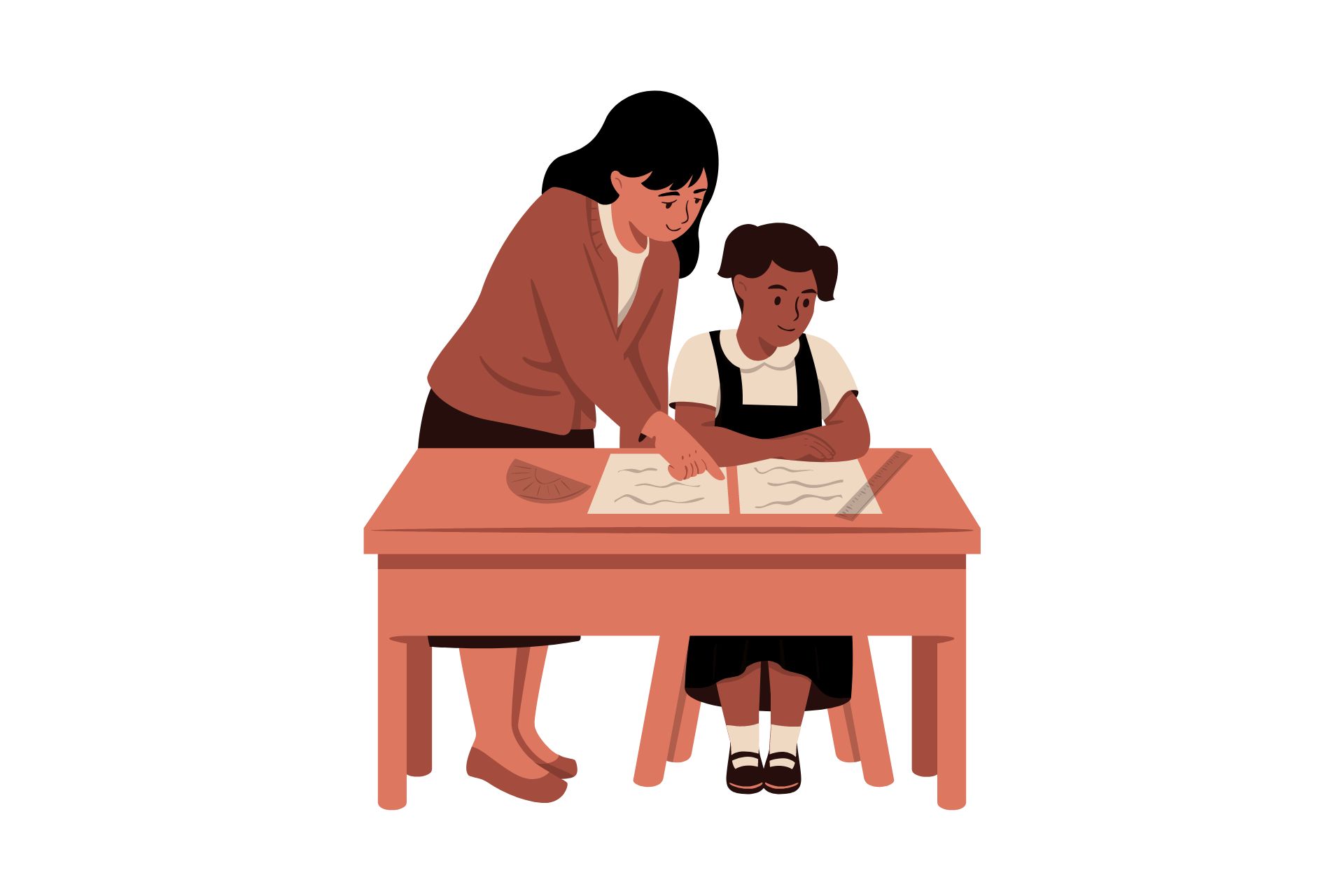
Article
Lifestyle
Happy Teachers’ Day: A Lasting Legacy

Article
Lifestyle
Are We Overlooking Seniors in our Celebrations?
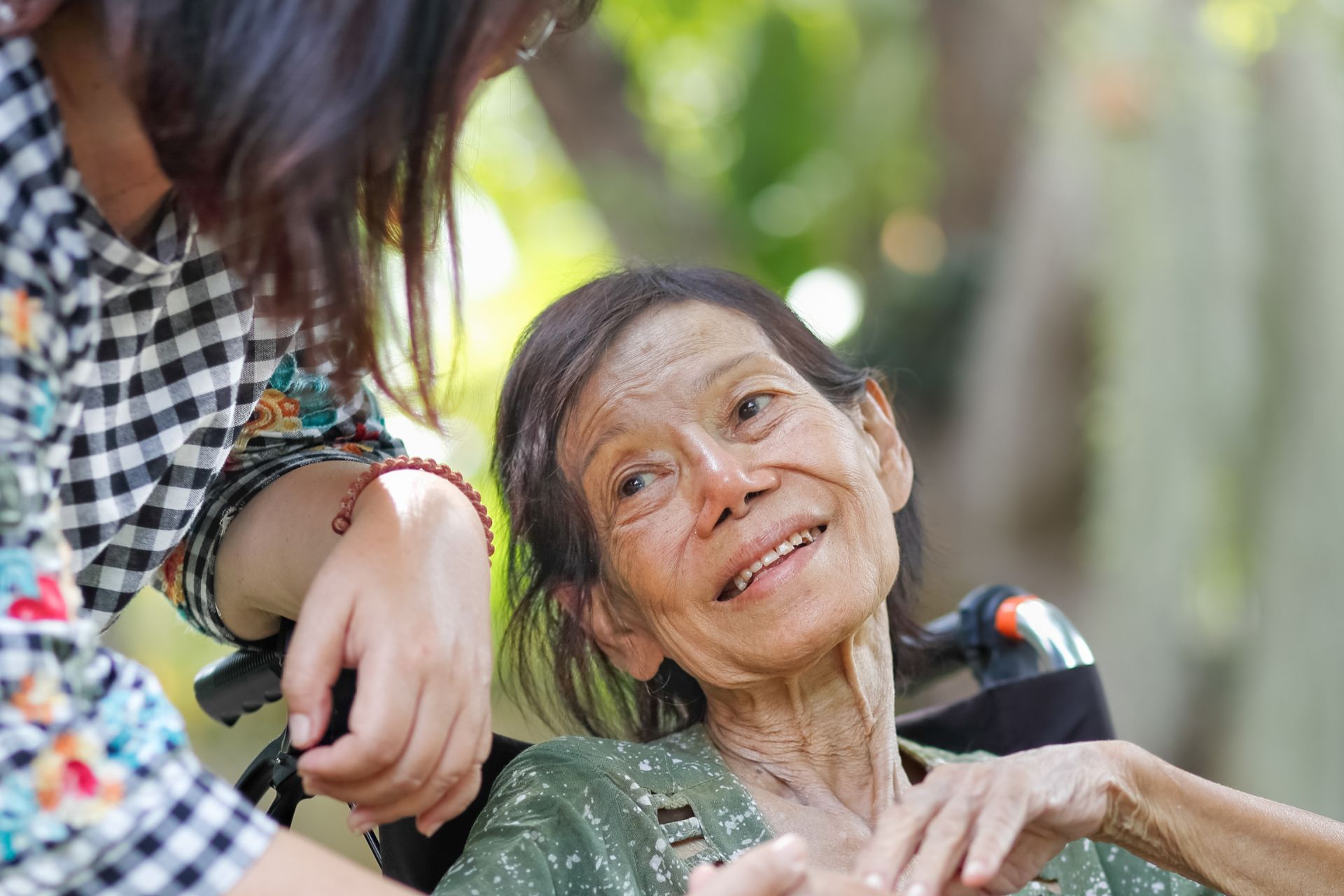
Article
Lifestyle
Building a Career in Elder Care

Article
Lifestyle
Senior Care in Indian Metros: A Growing Need
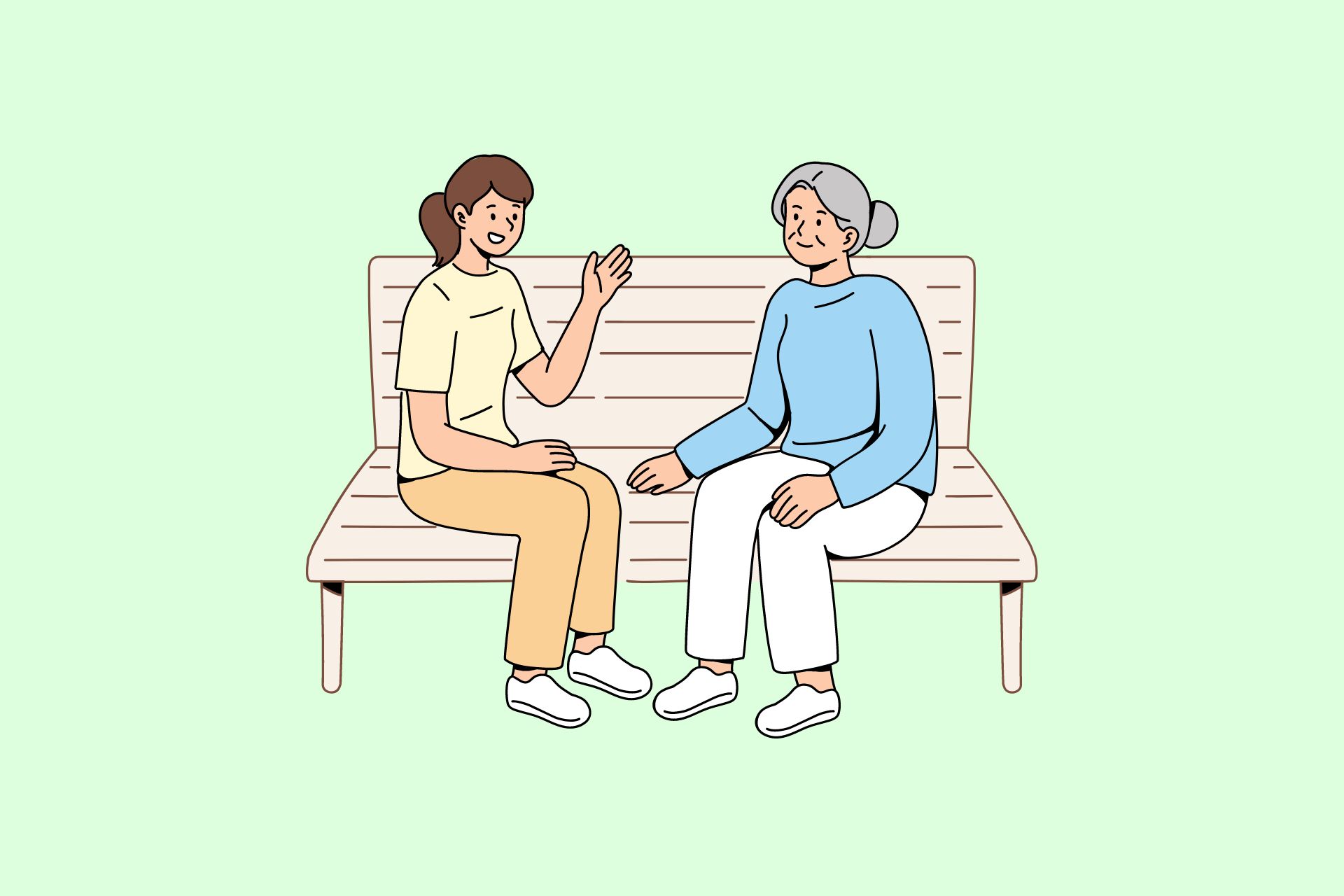
Article
Lifestyle
3 Tips on How to Start a Conversation with a Senior as a Care Fri...

Article
Lifestyle
ElderAid Care Friend Guide: 4 Things to Keep in Mind While Teachi...

Article
Lifestyle
4 Safety Tips for Seniors

Article
Lifestyle
Digestion as a Senior: Tips for a Happy Gut
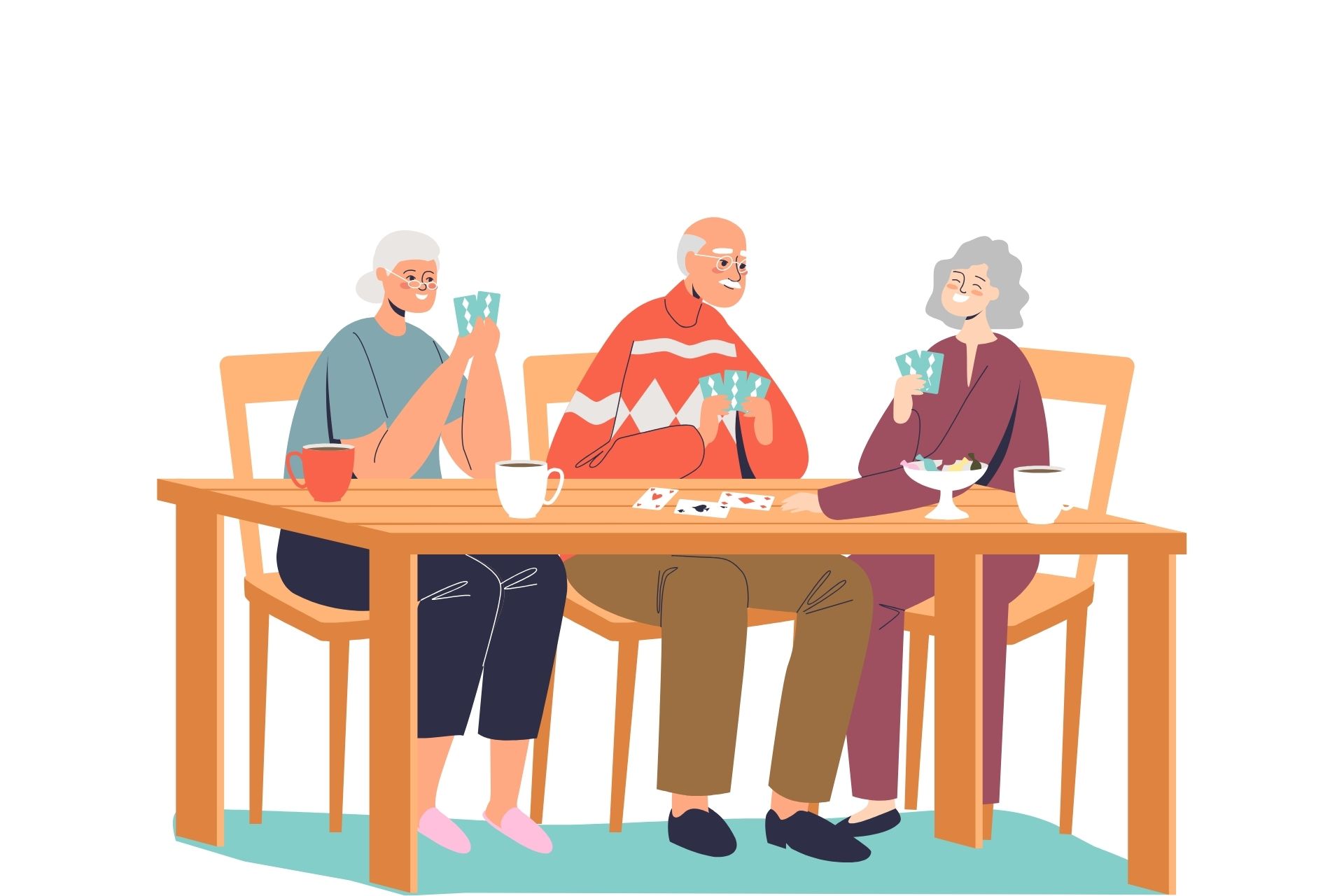
Article
Lifestyle
10 Brain Exercises to Keep Your Mind Sharp
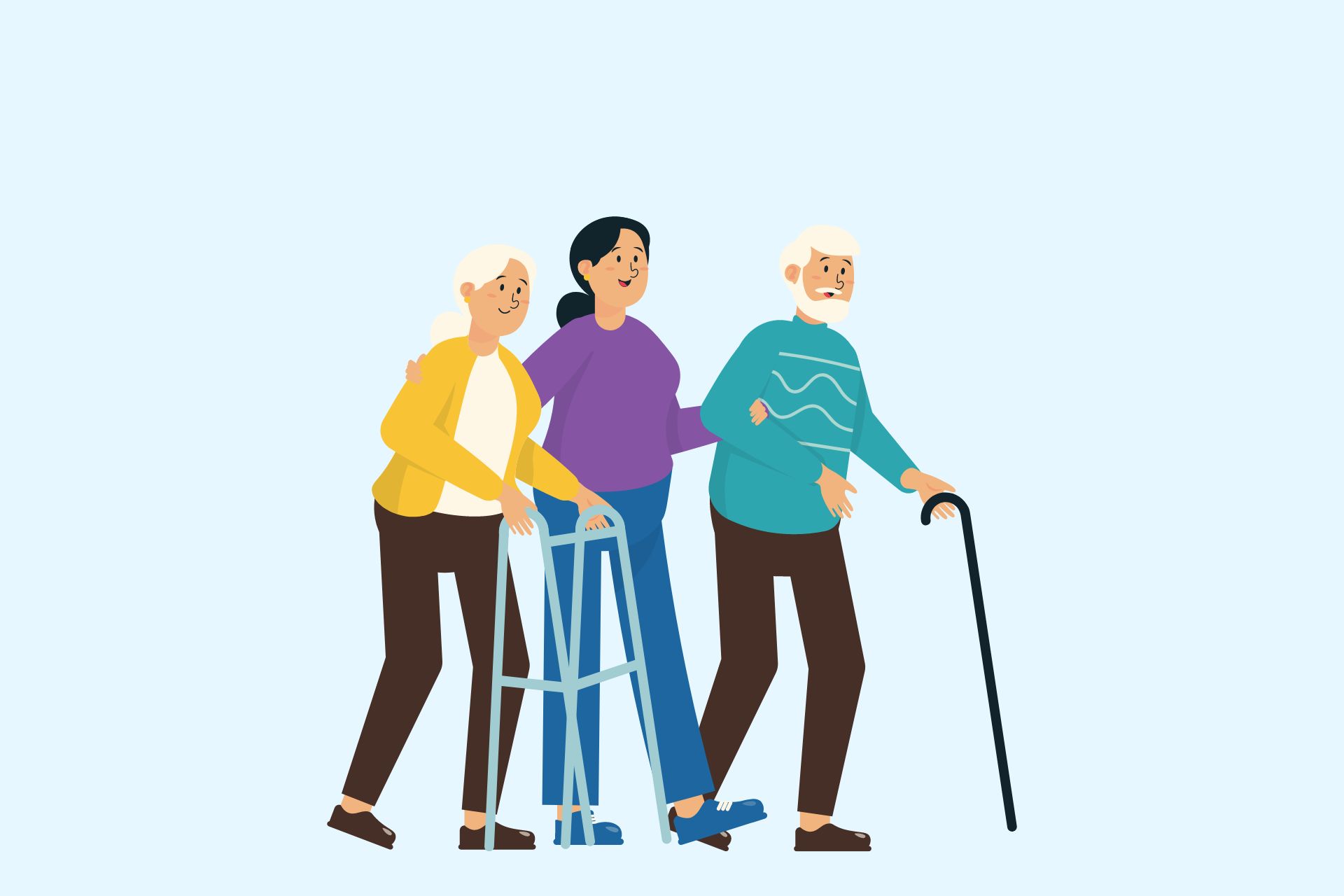
Article
Lifestyle
How to Truly Hear Your Senior Loved Ones

Article
Lifestyle
3 Worries of Seniors (and How to Tackle Them)

Article
Lifestyle
Are We Forgetting Respite Care for Caregivers?

Article
Lifestyle
Tech Isn't Just for Youngsters!
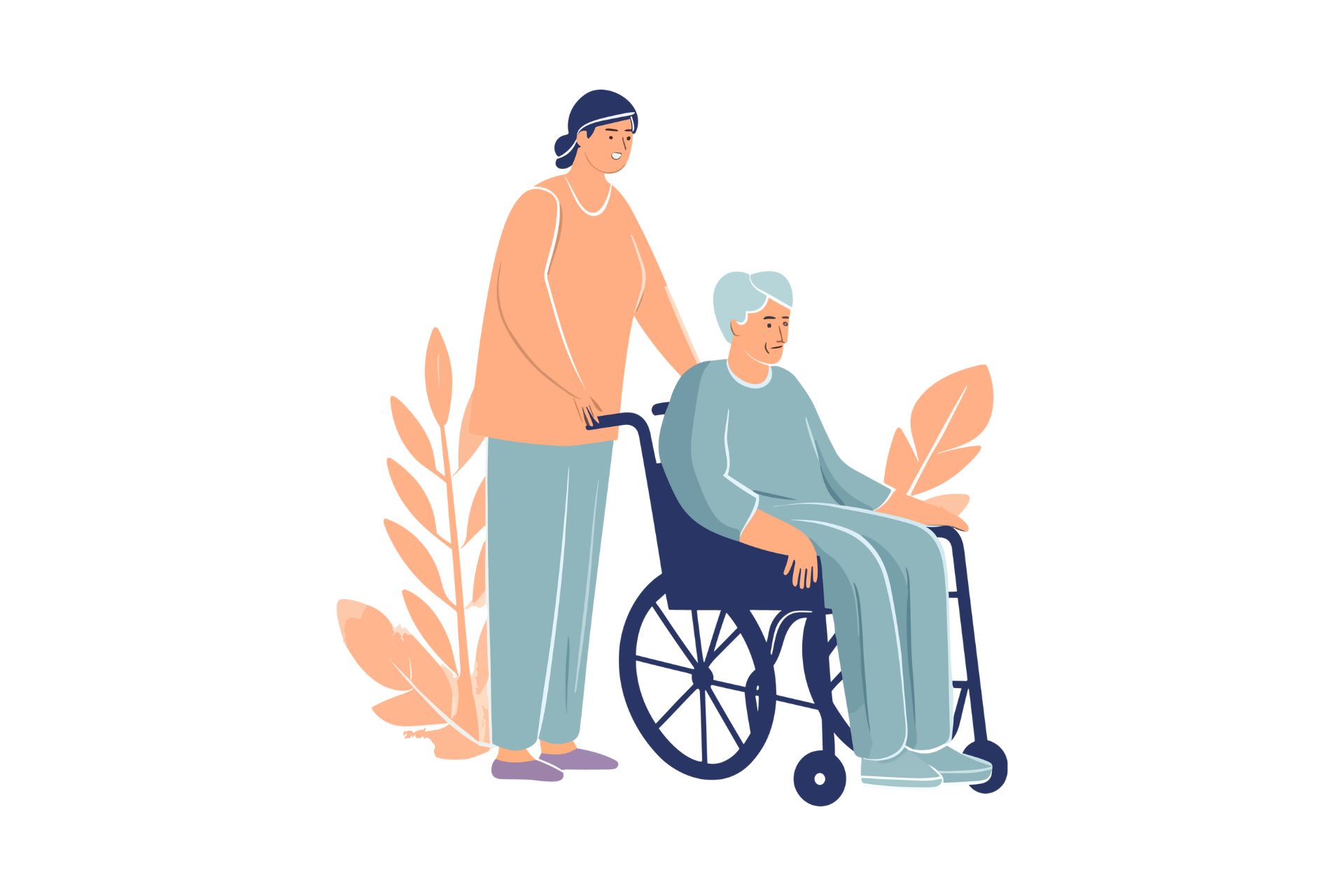
Article
Lifestyle
3 Things to Avoid as a Caregiver
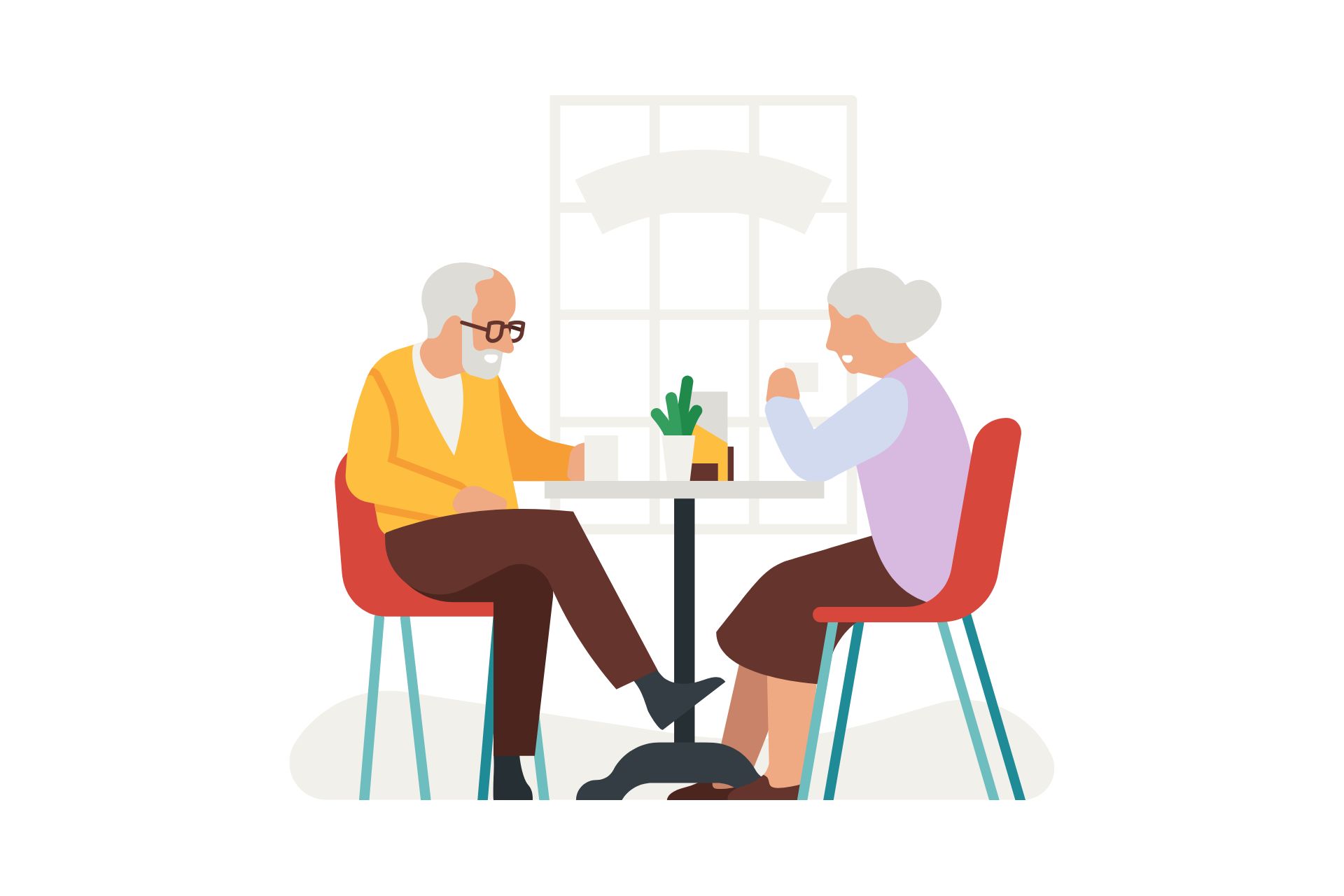
Article
Lifestyle
Have You Talked Enough Today? The Importance of Social Connection...

Article
Lifestyle
Building Positive, Respectful Caregiver-Senior Relationships

Article
Lifestyle
4 Signs That Your Elderly Loved One Might Be Suffering from Elder...

Article
Lifestyle
How Does One Understand a Senior’s Quality of Life
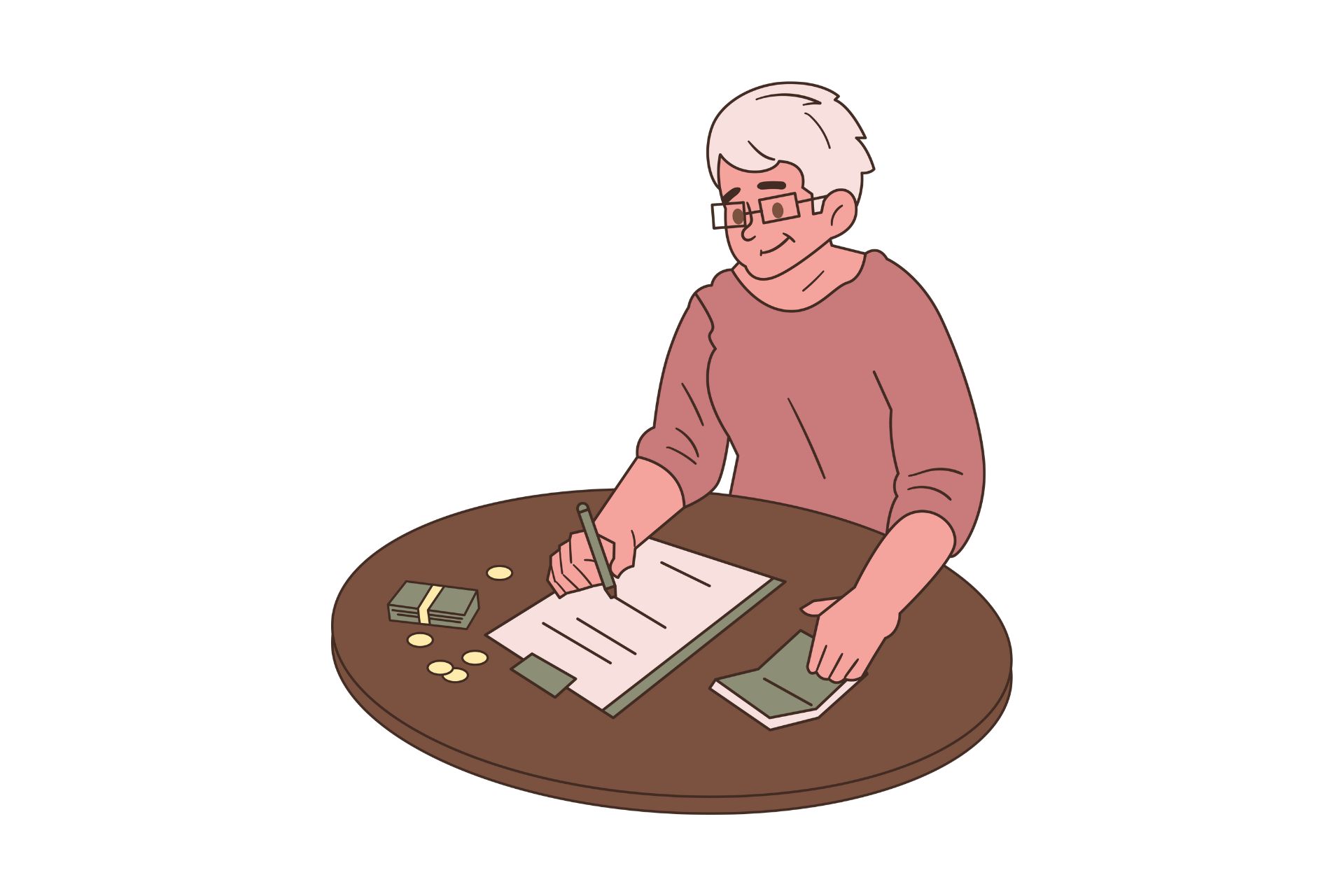
Article
Lifestyle
Managing Finances: 4 Tips for Senior Citizens
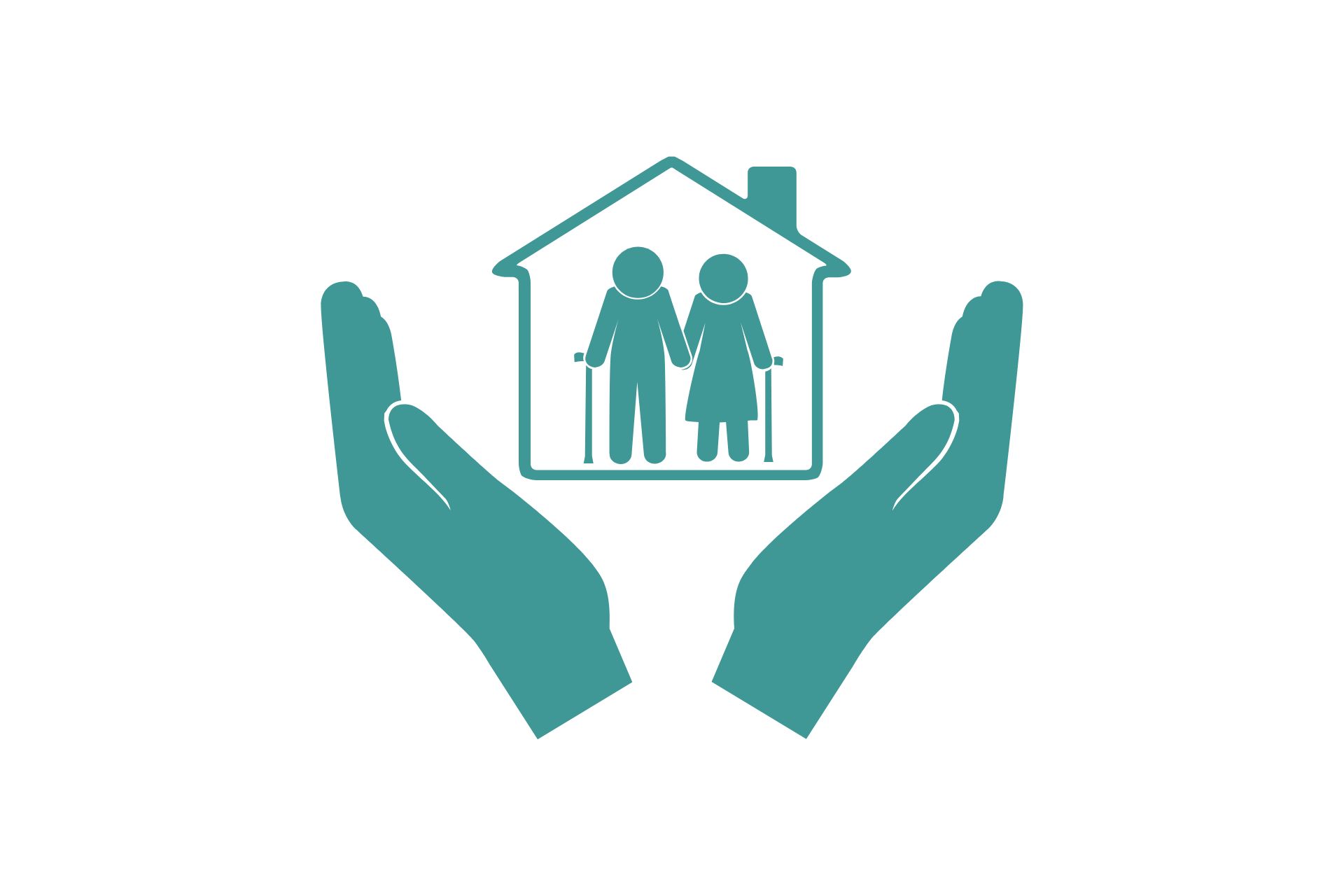
Article
Lifestyle
Keeping Seniors Safe: A Guide

Article
Lifestyle
FAQs about ElderAid

Article
Lifestyle
Frequently Asked Questions (FAQs) about ElderAid's Care Friend Se...

Article
Lifestyle
3 Quick Tips for Caregivers
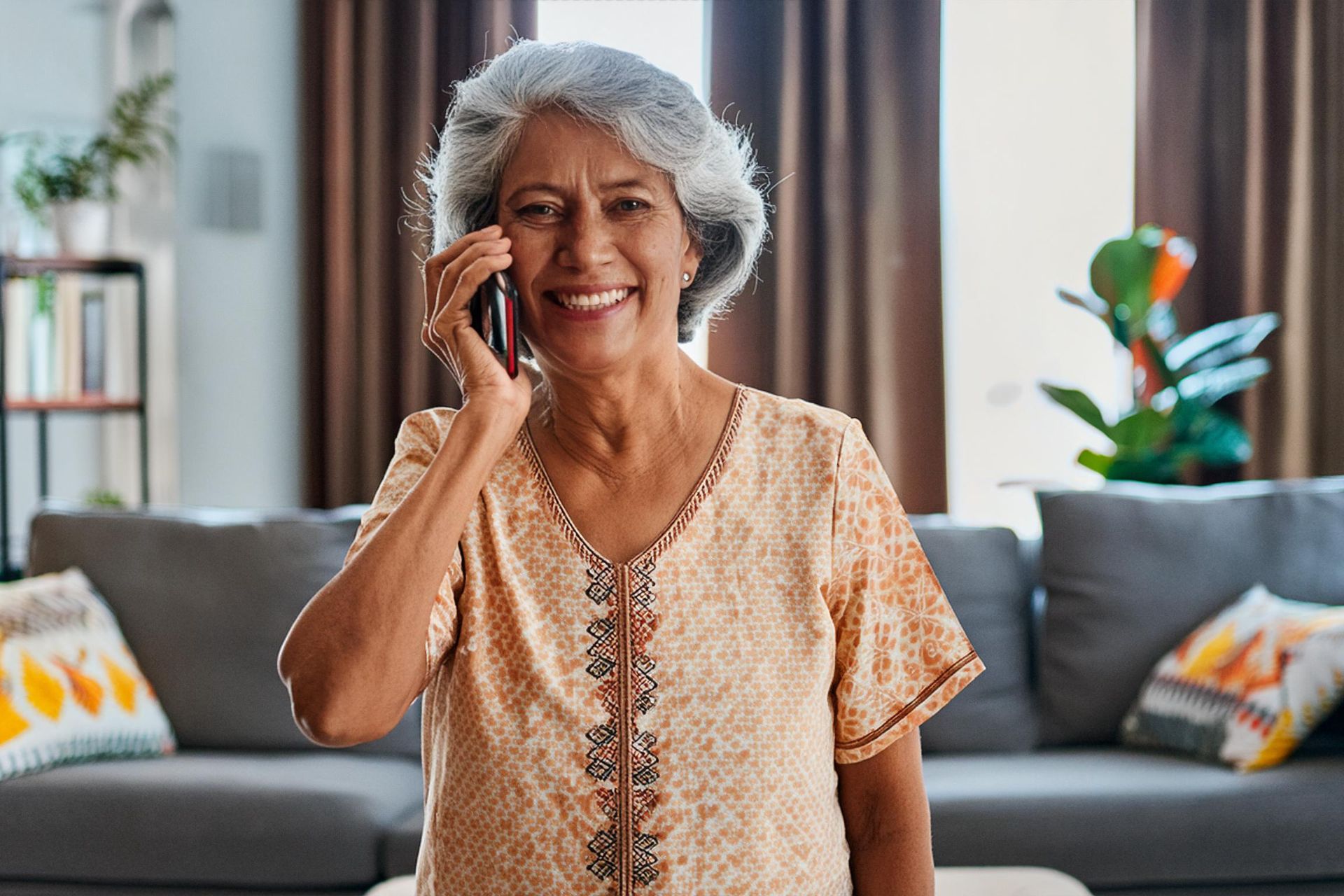
Article
Lifestyle
Do You Talk to Your Elderly Parents Every Day?

Article
Lifestyle
What is Parkinson's Disease and What Are the Early Symptoms?

Article
Lifestyle
Is Hyderabad a Good City to Retire in?

Article
Lifestyle
Some Must-Visit Places for Seniors in Bangalore

Article
Lifestyle
The Importance of Regular Check-ups for Senior Citizens

Article
Lifestyle
5 Tech Activities for Seniors

Article
Lifestyle
Creative Pursuits for Seniors
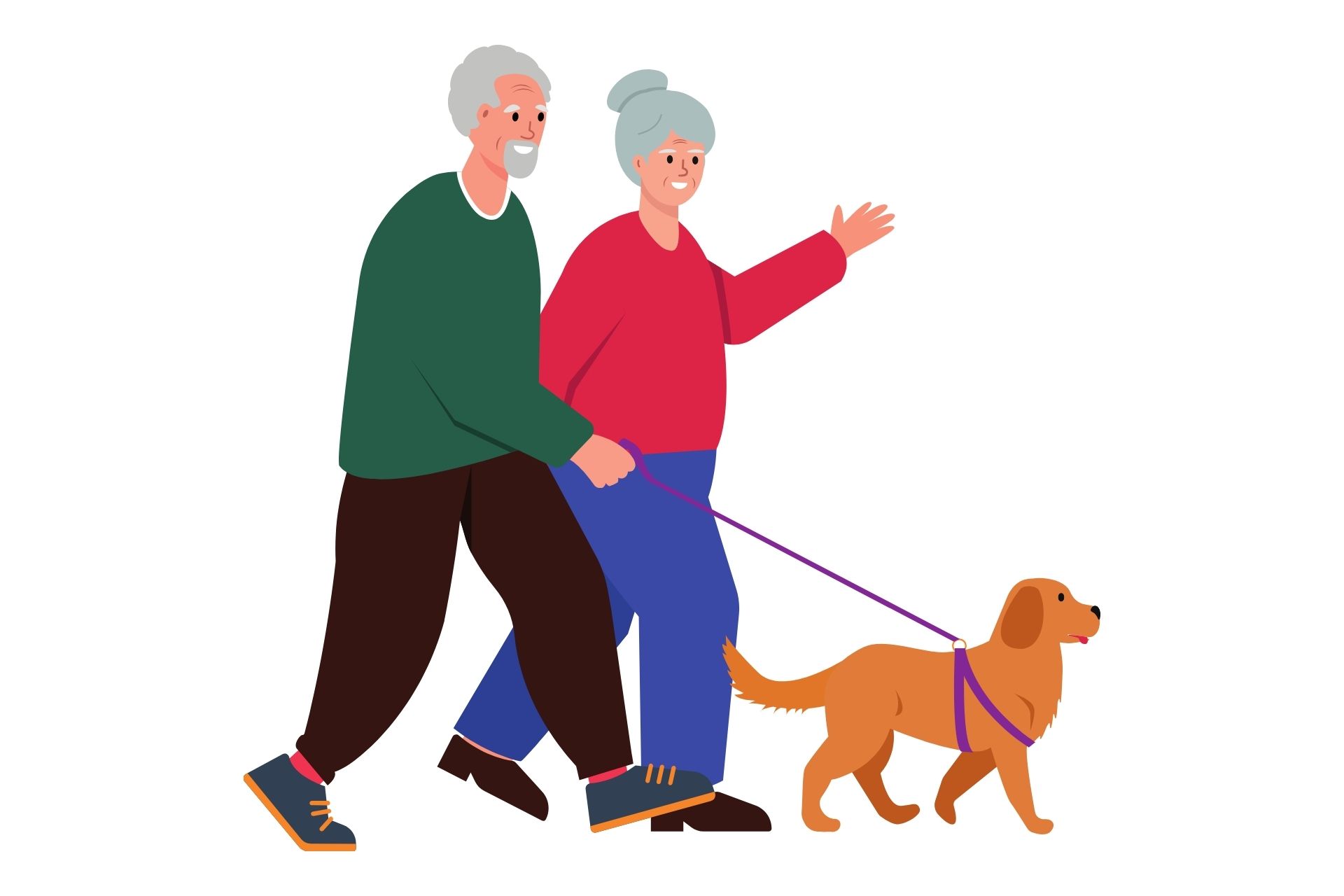
Article
Lifestyle
Some Exercises for Seniors

Article
Lifestyle
7 Things to Keep in Mind if You Have Someone With Dementia At Hom...

Article
Lifestyle
Staying Safe in the Summer Heat: When to Avoid the Outdoors

Article
Lifestyle
Protect Your Garden from the Summer Heat
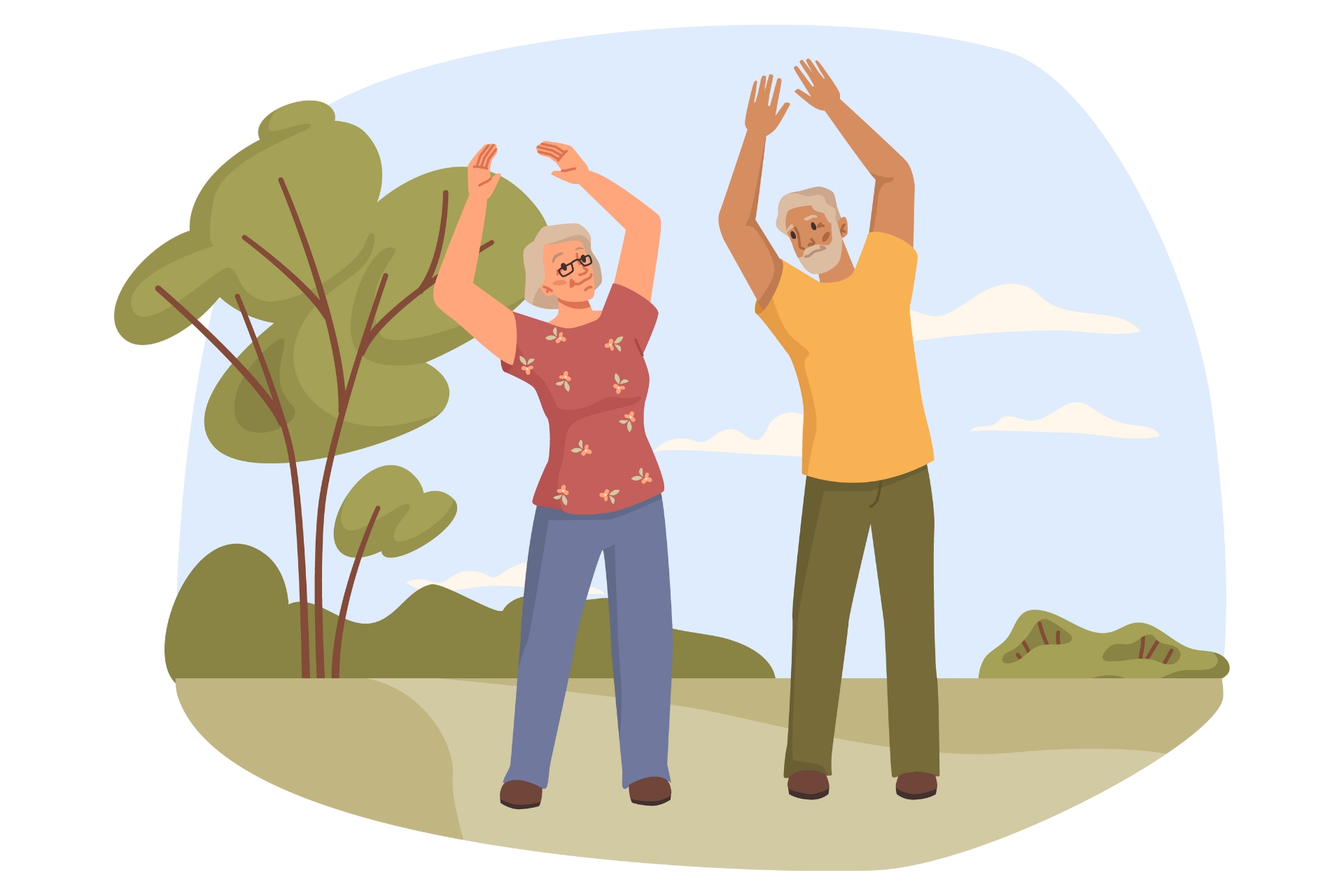
Article
Lifestyle
Why Seniors Should Explore the Outdoors More Often

Article
Lifestyle
Using Technology for the Safety of Seniors

Article
Lifestyle
Indian Senior Care Options

Article
Lifestyle
Elders and Socialising

Article
Lifestyle
Travel Destinations Handpicked for Seniors

Article
Lifestyle
Elders and Technology

Article
Lifestyle
Independence and Active Ageing
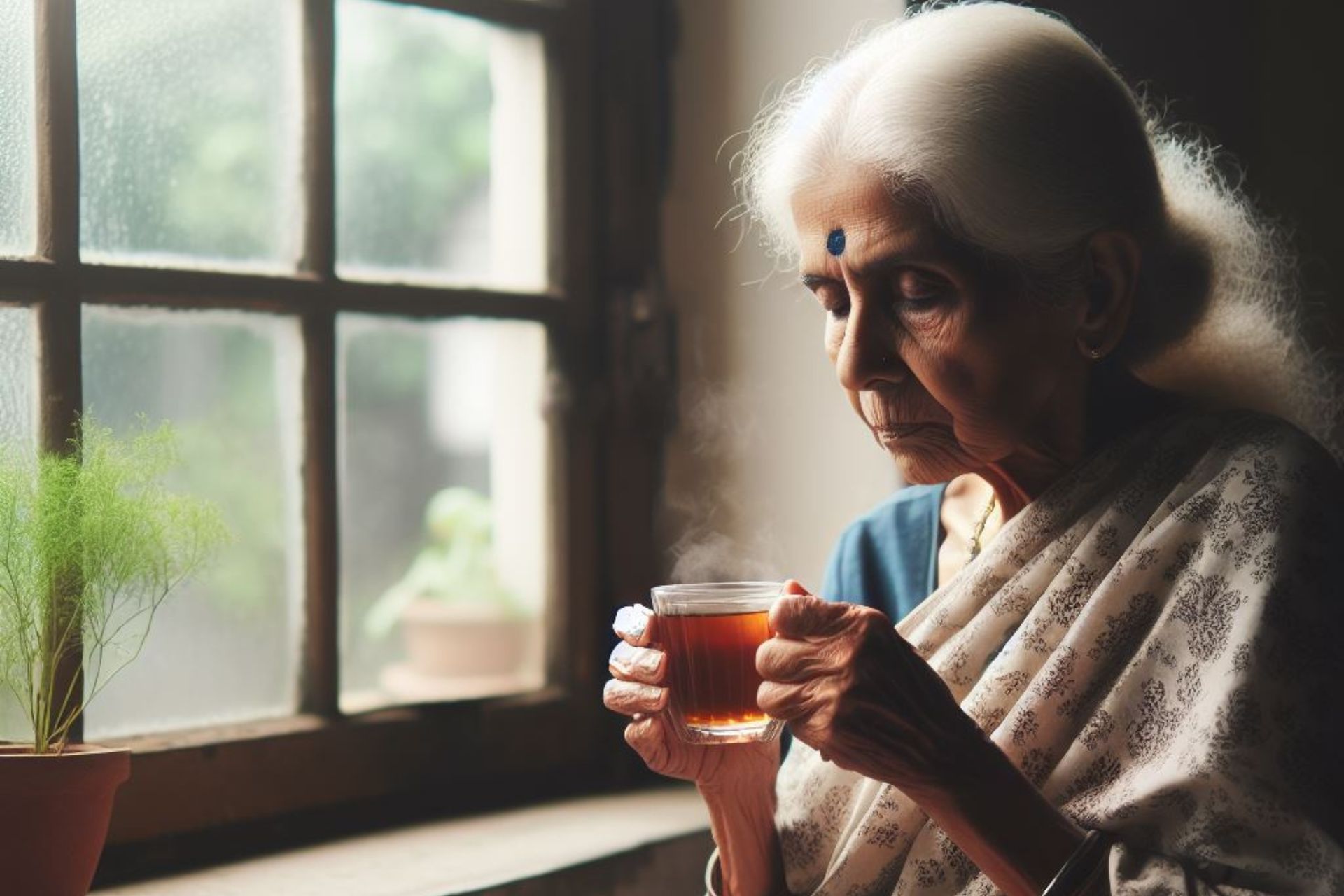
Article
Lifestyle
How Loneliness Affects Elderly Women?

Article
Lifestyle
What is Elder Abuse? and How to Avoid it?

Article
Lifestyle
How a Care Friend or a Companion Can Change Your Senior’s Life!

Article
Lifestyle
Caring for Your Loved Ones, Right at Home
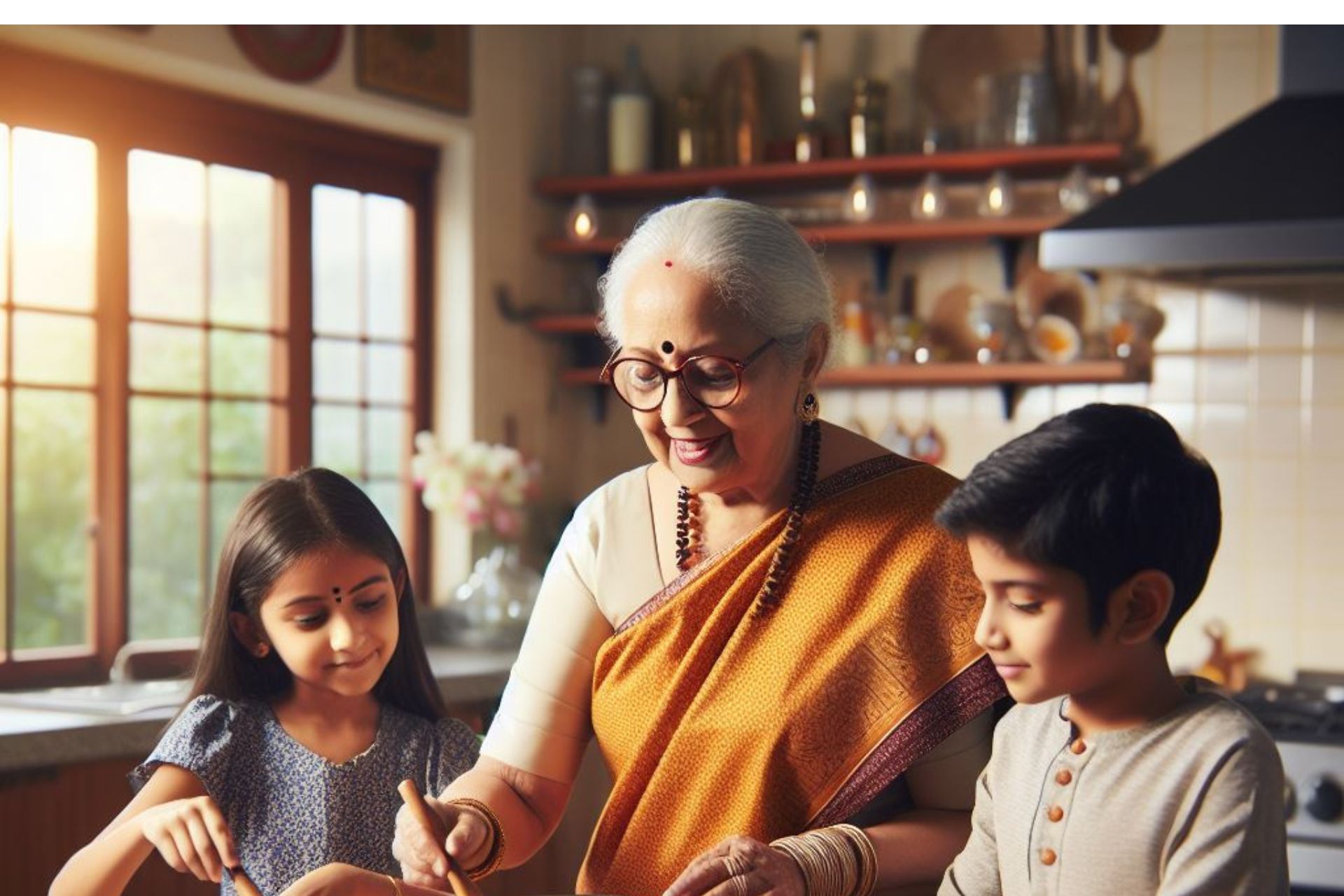
Article
Lifestyle
Cooking with Grandkids: Sharing Family Food and Stories
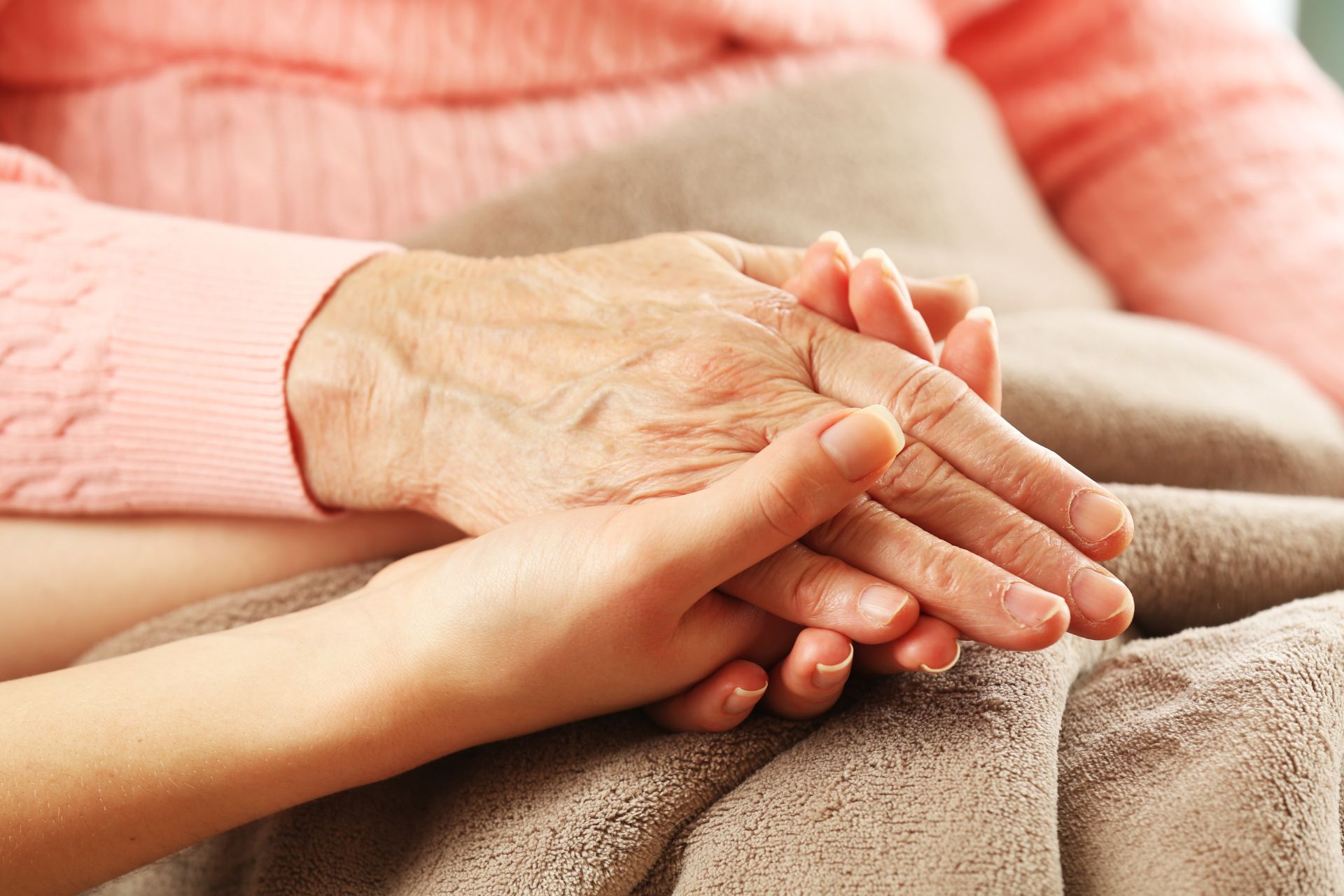
Article
Lifestyle
Personalised Caregiving: Why a One-Size-Fits-All Approach Doesn't...

Article
Lifestyle
How Seniors Can Beat the Summer Heat

Article
Lifestyle
Overweight in Seniors: Understanding the Risks and Finding a Bala...

Article
Lifestyle
A Compassionate Beacon in Elder Care
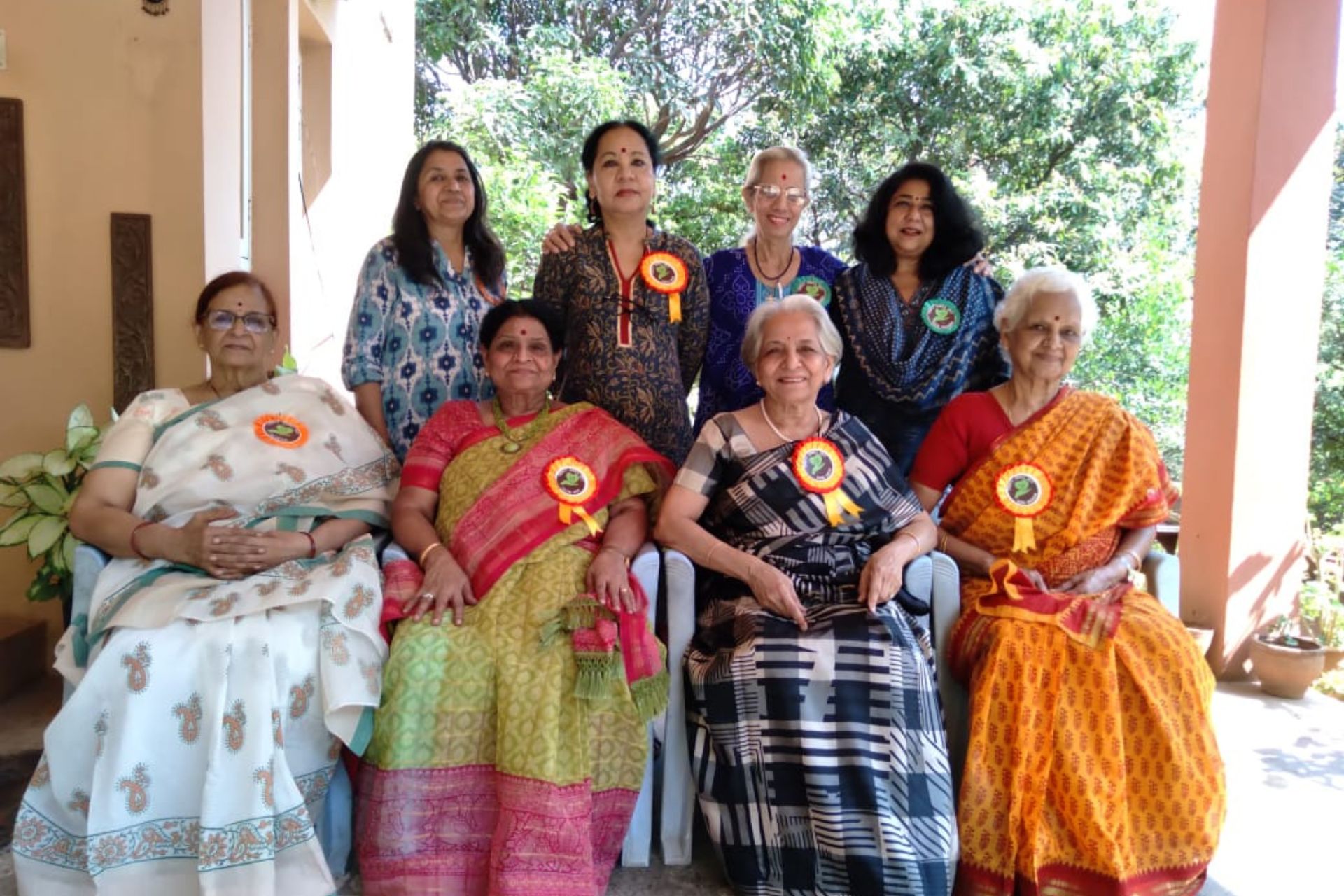
Article
Lifestyle
Inspiring Story of Sudha Gorthi: Why It's Never Too Late to Start...

Article
Lifestyle
How to Protect Yourself from Phone and Email Scams?

Article
Lifestyle
Why Writing Your Memoirs Can Be Fun as a Senior

Article
Lifestyle
5 Powerhouse Foods to Fuel Your Life After 60

Article
Lifestyle
Grandparents and Grandkids: 5 Easy Ways to Play and Grow Together...
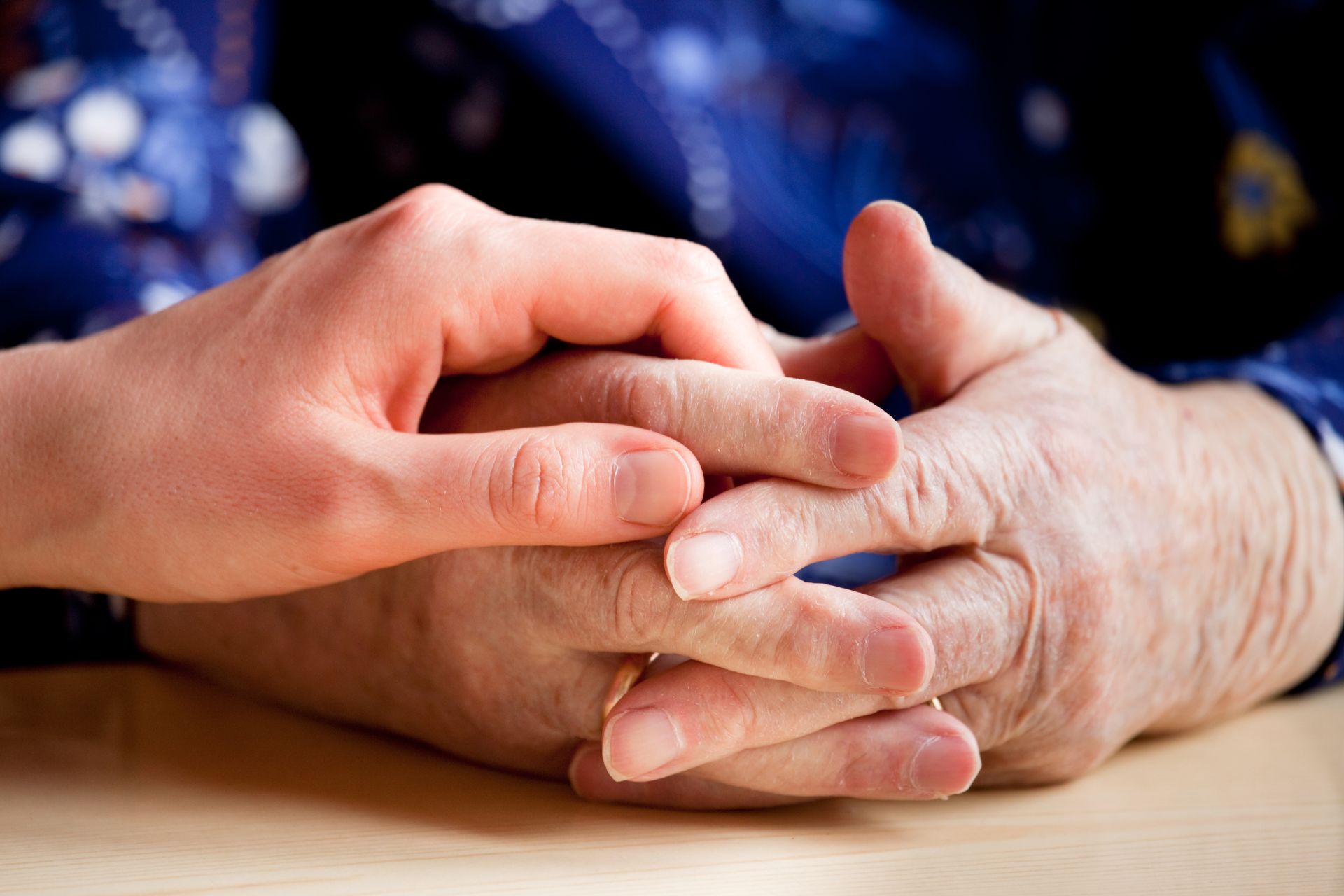
Article
Lifestyle
Why Should You Consider a Care Friend for Your Senior?

Article
Lifestyle
Warning Signs for Senior Citizens to Stop Driving

Article
Lifestyle
Should I write a will for my loved ones?

Article
Lifestyle
How the Younger Generation Support Senior Citizens

Article
Lifestyle
How to Keep Up with Lifelong Learning

Article
Lifestyle
Challenges Caregivers Face and Ways to Overcome Them

Article
Lifestyle
An NRI's(Non Resident Indian) Guide to Caring for Parents from Af...
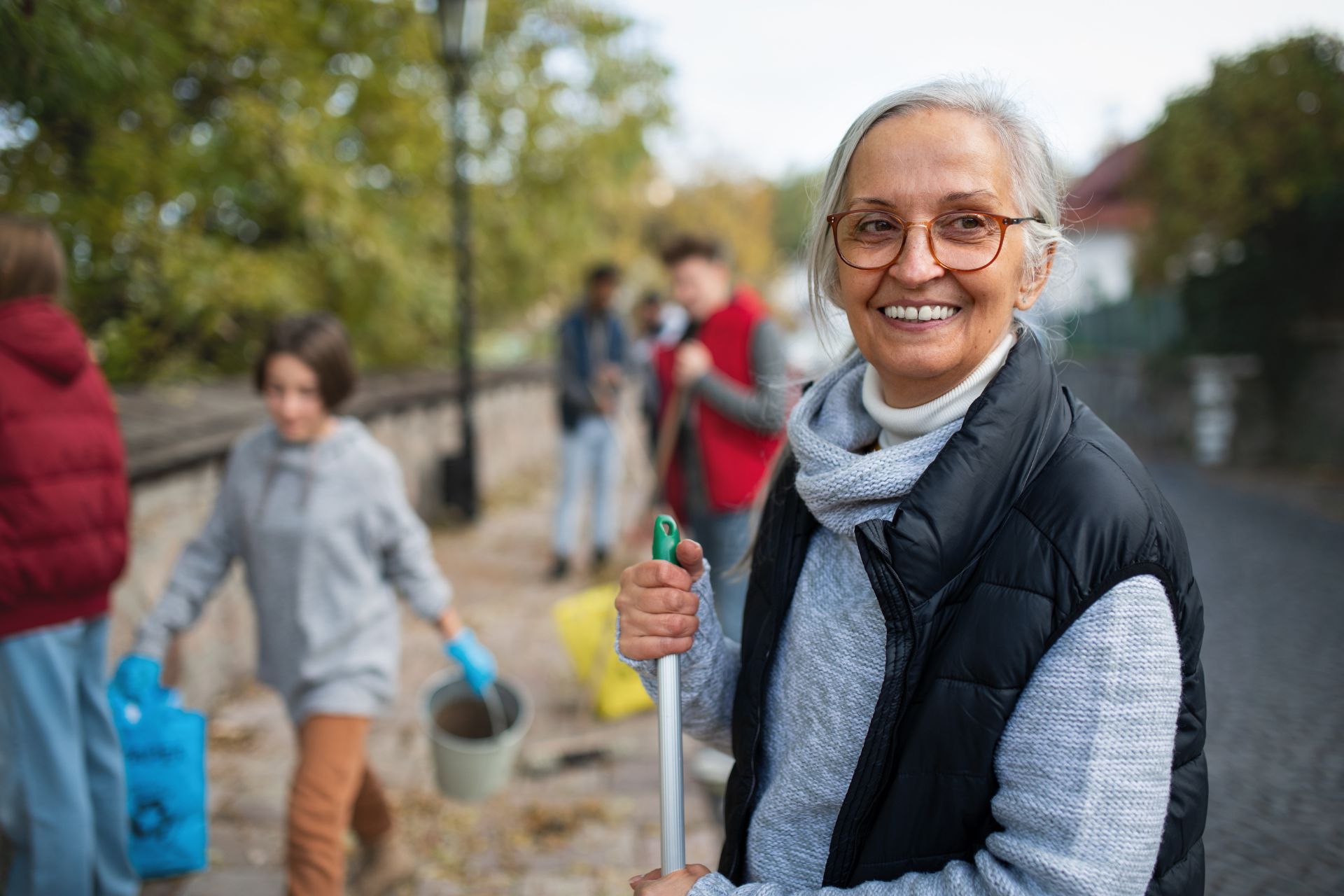
Article
Lifestyle
Volunteering and Seniors: A Guide to Giving Back

Article
Lifestyle
Basics of Smartphones for Seniors: A Printable Guide
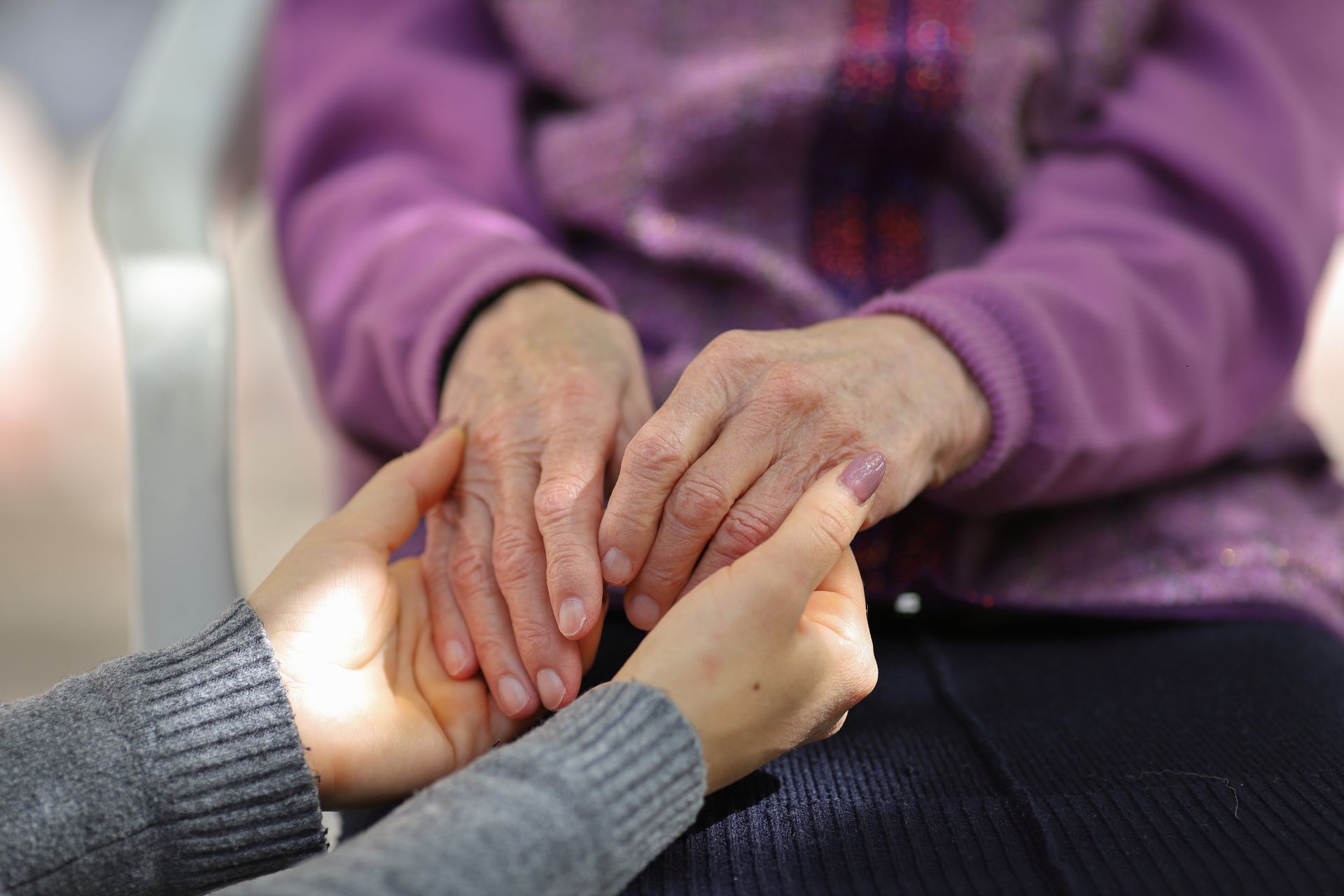
Article
Lifestyle
The Silent Struggles: A Caregiver’s Stress

Article
Lifestyle
When Should You Start Looking for At-Home Elder Care Services?

Article
Lifestyle
Beyond Medical Care: The Holistic Approach of Care Management wit...

Article
Lifestyle
Don't Wait for an Emergency: Why Senior Citizens Need Emergency M...

Article
Lifestyle
How to Blossom, Not Bustle: Productivity Hacks for Seniors
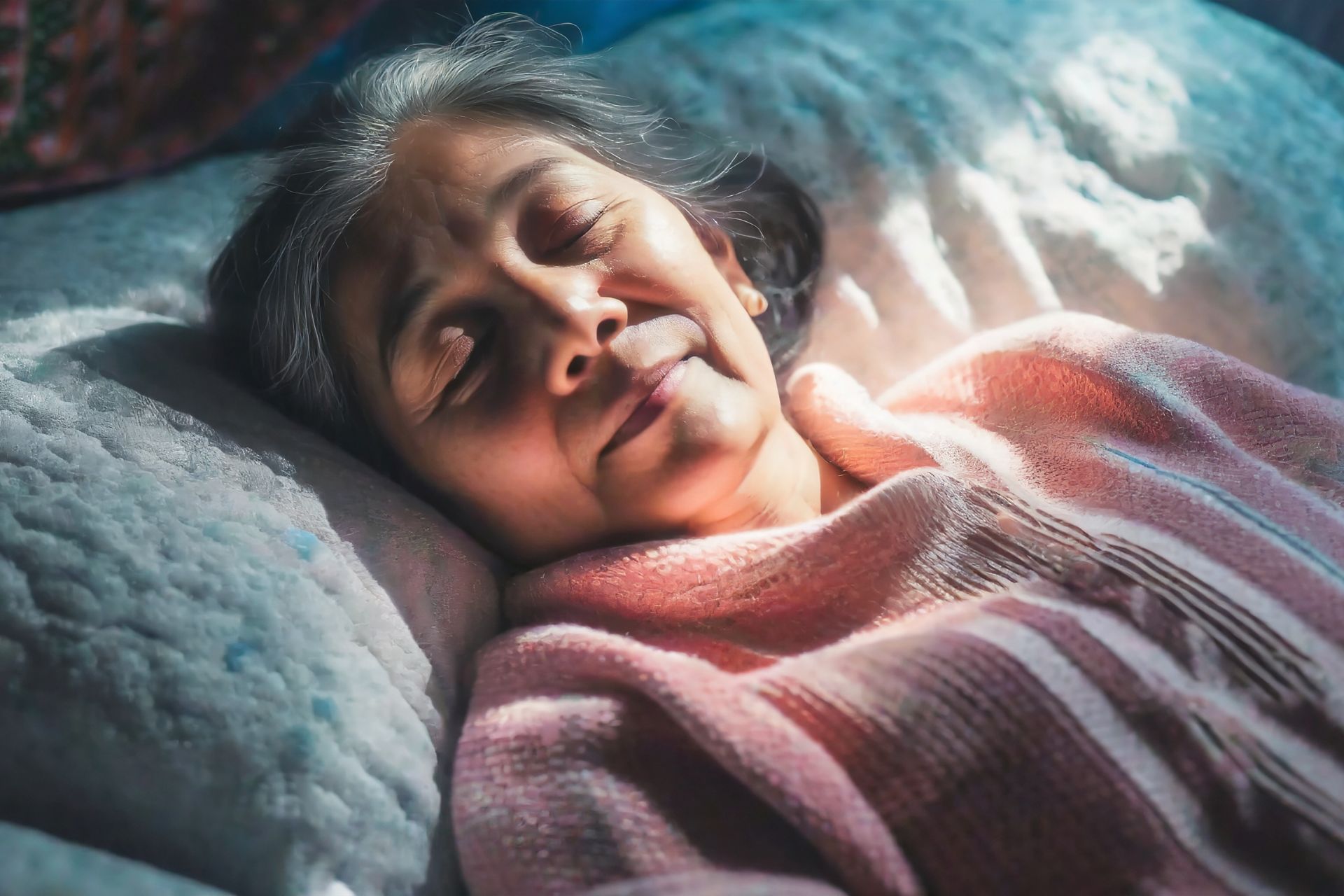
Article
Lifestyle
How to Sleep Better as a Senior

Article
Lifestyle
A Fresh Start: 5 Suggestions for the New Year 2024

Article
Lifestyle
Why Being an Elder Care Manager Might Be the Best Decision for Yo...
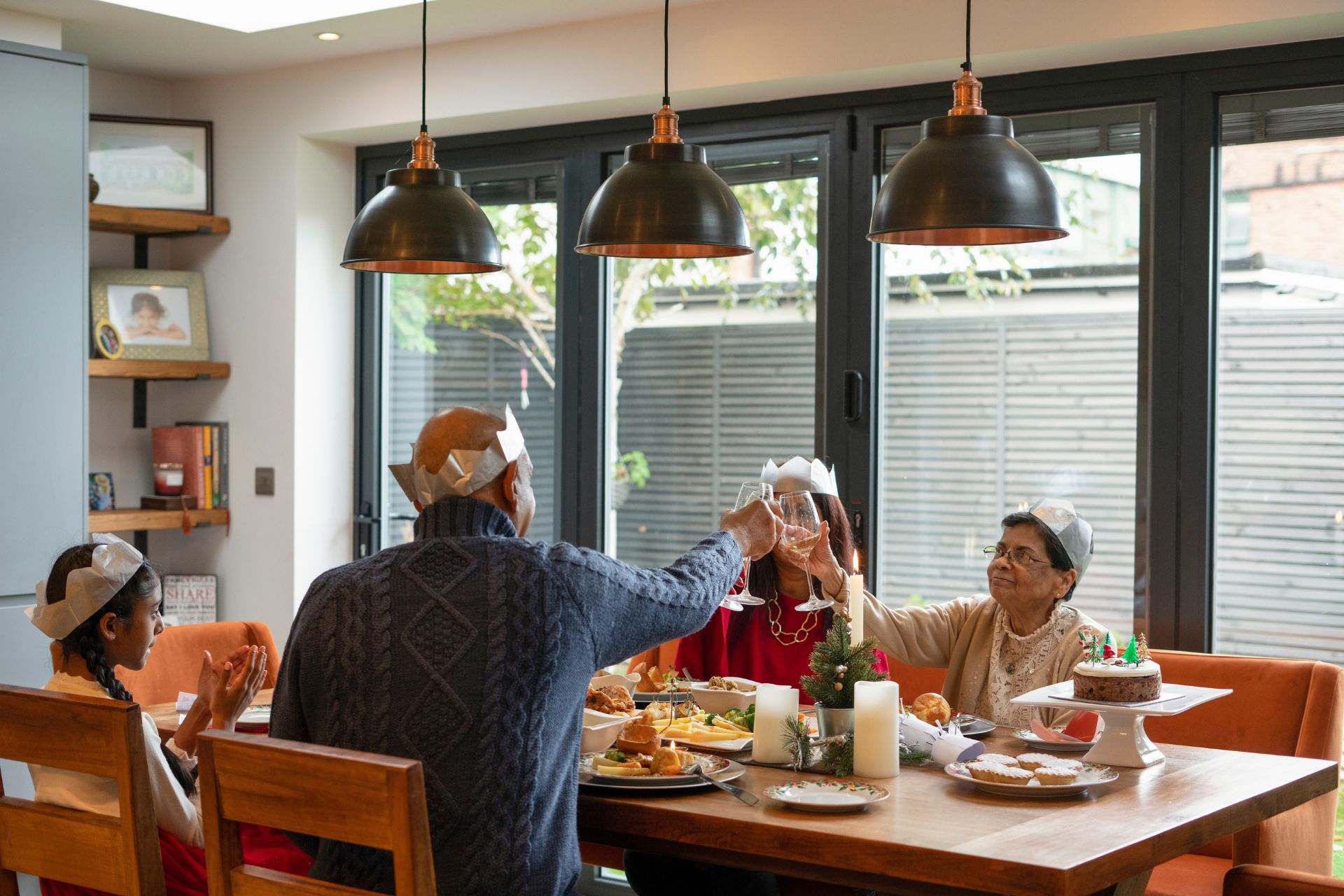
Article
Lifestyle
More Than Just Cake: Seniors and Holidays

Article
Lifestyle
Making Your Holidays More Colourful

Article
Lifestyle
Is Retirement a Full Stop to Having Fun?

Article
Lifestyle
Relationships and Senior Citizens

Article
Lifestyle
Building a Strong Support System for Seniors: A Guide for Familie...

Article
Lifestyle
The Future of Ageing: Beyond Longevity, Promoting Holistic Care

Article
Lifestyle
5 Destinations for Seniors to Explore in South India

Article
Lifestyle
Cultural Challenges in Elder Care Solutions in India, How it Affe...

Article
Lifestyle
Try These Awesome Drinks This Winter!!

Article
Lifestyle
Five Benefits of Home Care for Senior Citizens

Article
Lifestyle
Music and Mental Health of Seniors: How Listening and Playing Can...

Article
Lifestyle
Understanding Appetite Changes in Seniors: What You Need to Know

Article
Lifestyle
How to Get Enough Protein as a Vegan Senior Citizen?

Article
Lifestyle
Oral Health in the Elderly

Article
Lifestyle
Games and Activities for Seniors: Who Says You Can’t Have Fun Aft...

Article
Lifestyle
Caring for Diabetic Seniors: Things to Keep in Mind

Article
Lifestyle
How to Plan Short and Long Journeys After 60

Article
Lifestyle
5 Common Financial Worries of Seniors and How to Overcome Them

Article
Lifestyle
Elder Care in India: Challenges and Solutions

Article
Lifestyle
Ensuring Home Safety for Seniors

Article
Lifestyle
How to overcome loneliness in seniors?
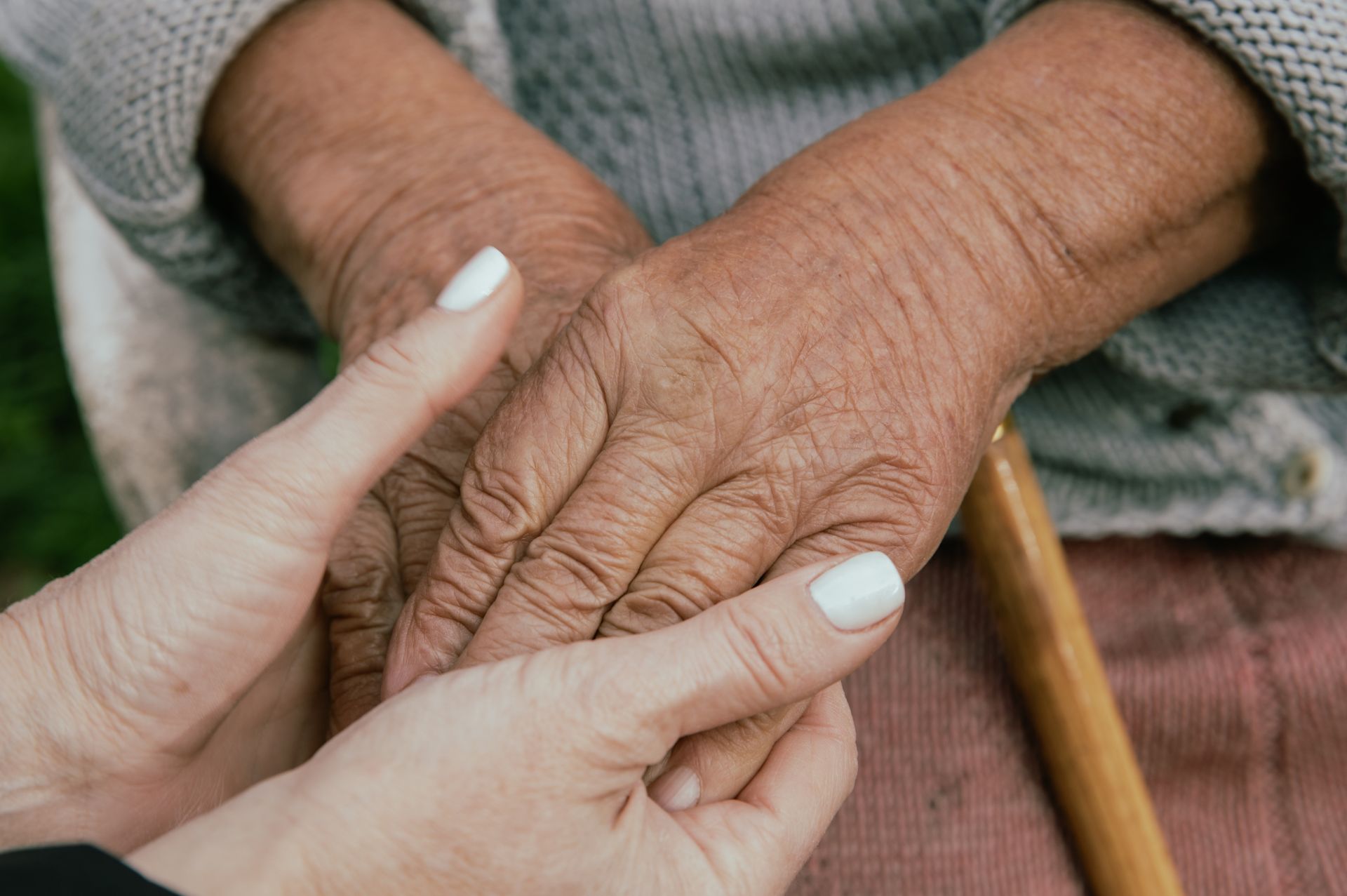
Article
Lifestyle
The Role of a Caregiver in Palliative Care

Article
Lifestyle
How to Overcome Being Overweight in Seniors?

Article
Lifestyle
Nine Tips to Reduce the Risk of Depression in Seniors

Article
Lifestyle
Cyber Security Tips for Seniors: Protecting Your Digital World

Article
Lifestyle
Life After Retirement: Embracing New Beginnings
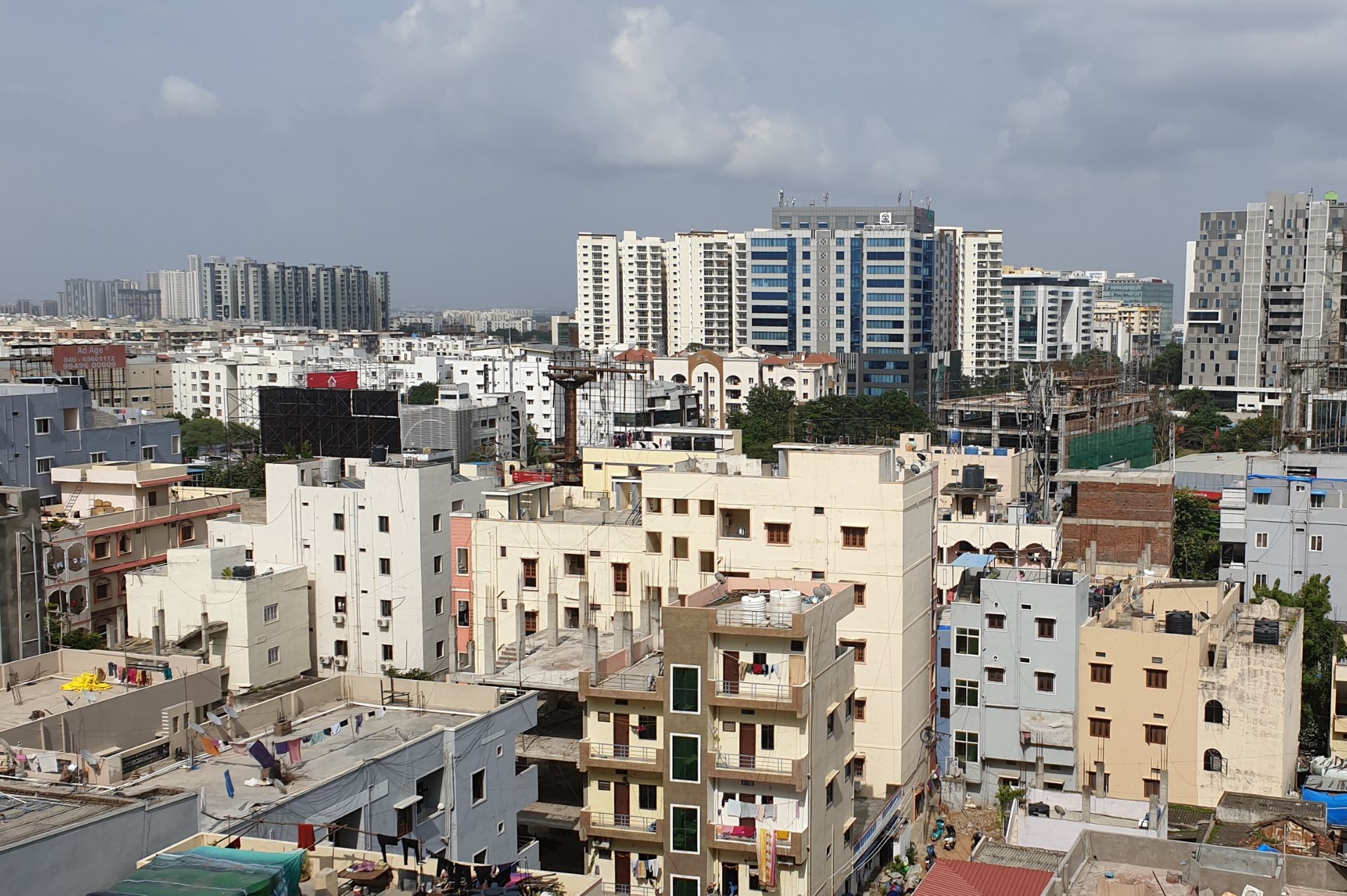
Blog
Lifestyle
At-Home Elder Care Services in Hyderabad

Article
Lifestyle
Elder Care in Bangalore: A Guide

Article
Lifestyle
5 Fun Activities to Do with Your Grandchild

Article
Lifestyle
Hobbies for Seniors to Keep Active and Engaged

Article
Lifestyle
Bridging Generations: 10 Tech Tips for Seniors

Article
Lifestyle
Technical Assistance for Senior Citizens: Bridging the Digital Di...

Article
Lifestyle
Travel Tips for Seniors: Explore the World with Confidence

Article
Lifestyle
5 Ways to Promote Social Engagement in Senior Citizens

Article
Lifestyle
Emotional And Mental Wellness

Article
- 0-10
- min
Lifestyle
Meditation for Elders

Guide
- 0-45
- min
Lifestyle
Introduction to Smartphones

Article
- 0-15
- min
Lifestyle
Music Therapy for Elders

Article
- 0-10
- min
Lifestyle
Your smartphone can be your universal remote control

Article
- 0-15
- min
Lifestyle
6 Tips to help you organize your apps

Article
- 0-15
- min
Lifestyle
5 Delicious reasons to use Recipe apps & website
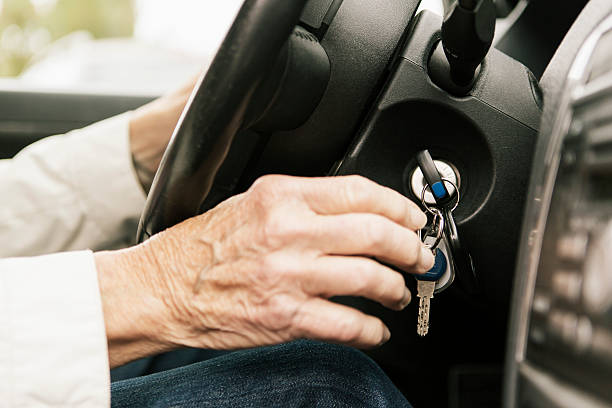
Article
- 0-15
- min
Lifestyle
20 Warning Signs an Elderly Driver Is No Longer Safe Behind the W...

Article
- 0-15
- min
Lifestyle
Participating in Activities You Enjoy

Article
- 0-15
- min
Lifestyle
Gardening for Older People

Article
- 0-15
- min
Lifestyle
What You Need to Know About Assisted Living
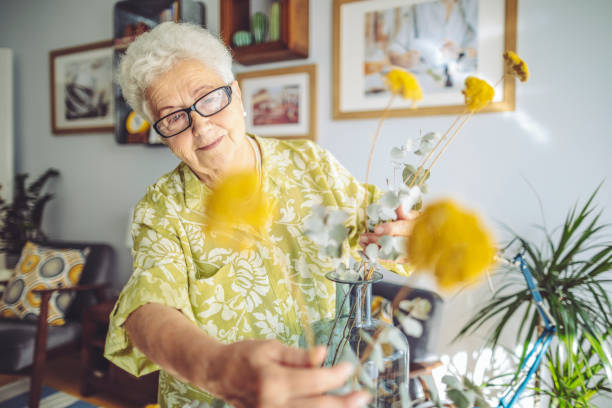
Article
- 0-5
- min
Lifestyle
Arthritis friendly home

Article
- 0-5
- min
Lifestyle
No Longer A Young Man’s Game



